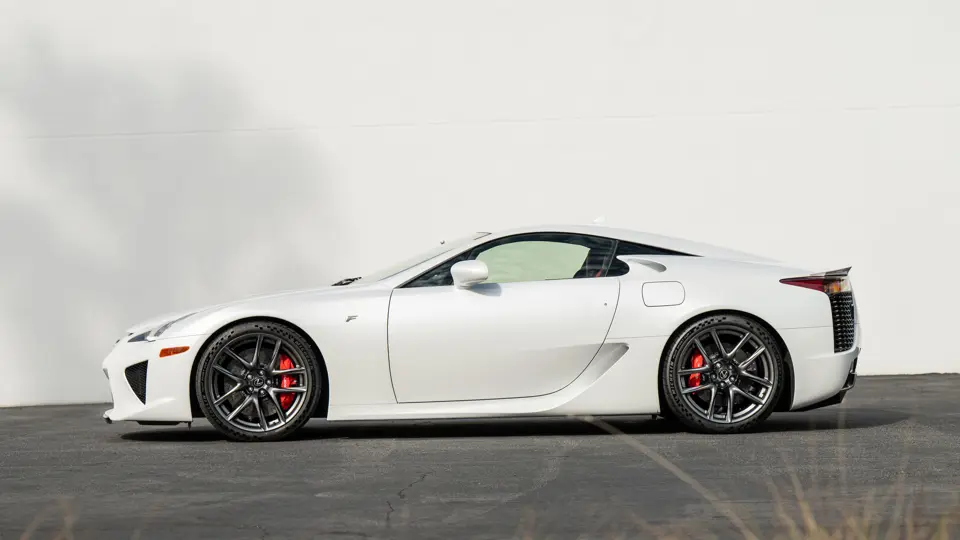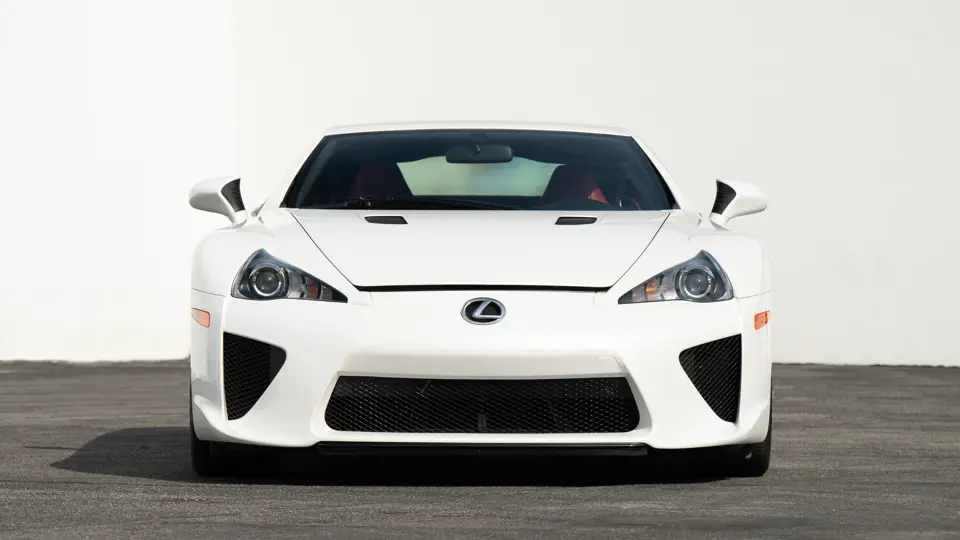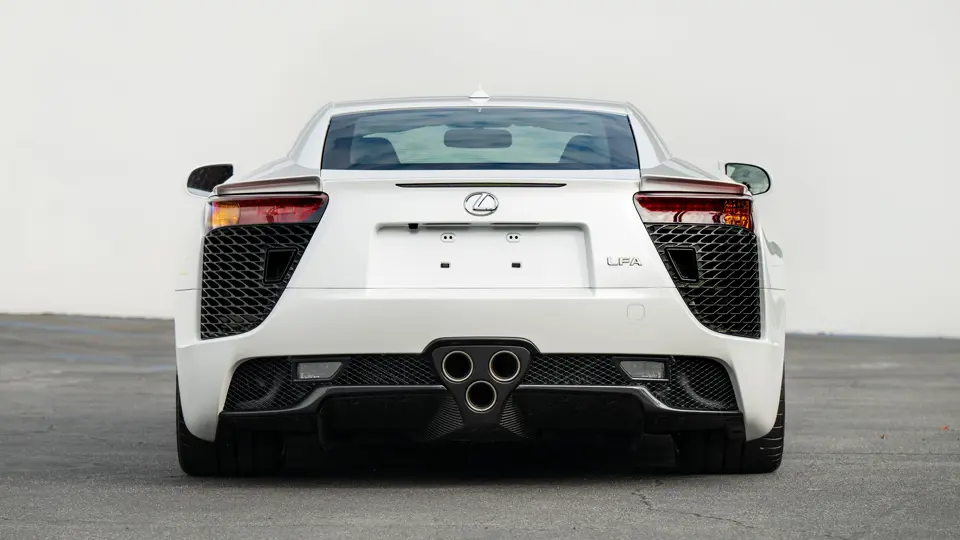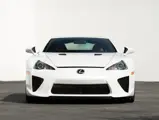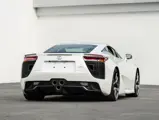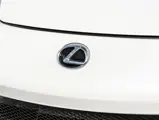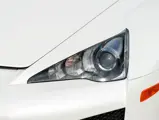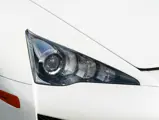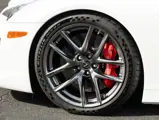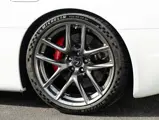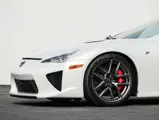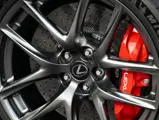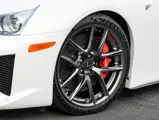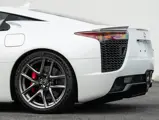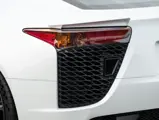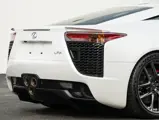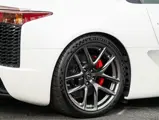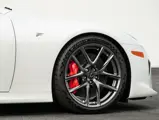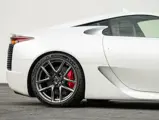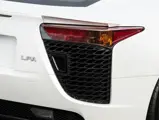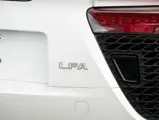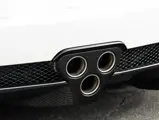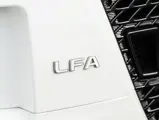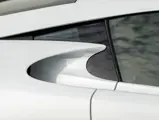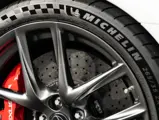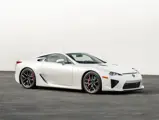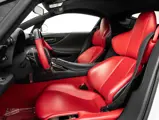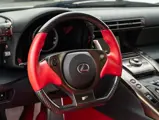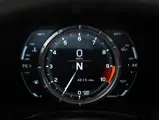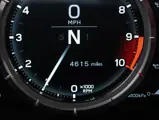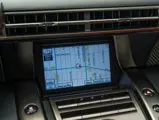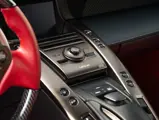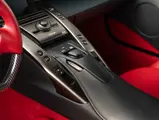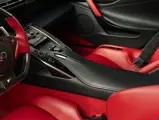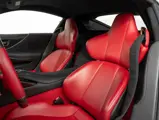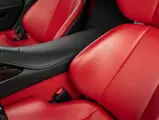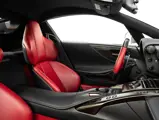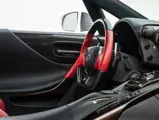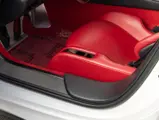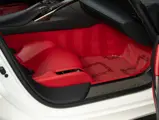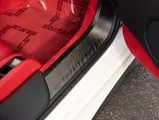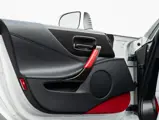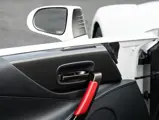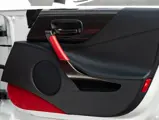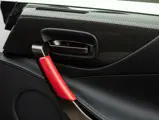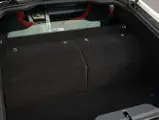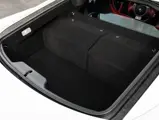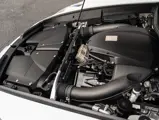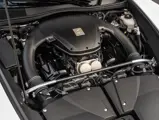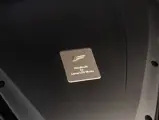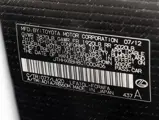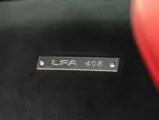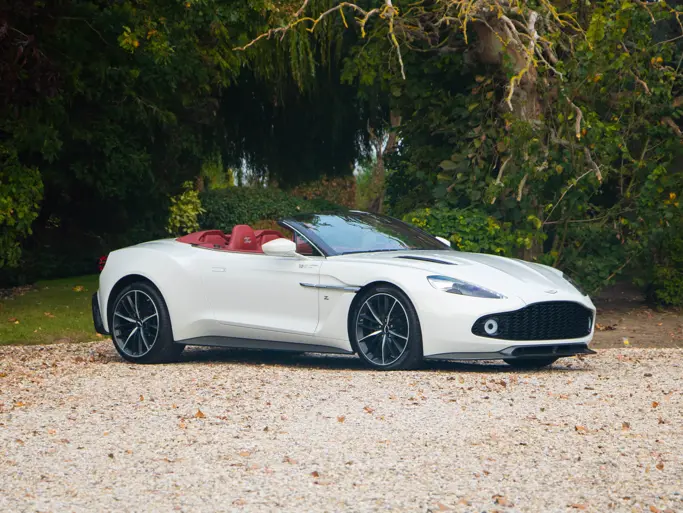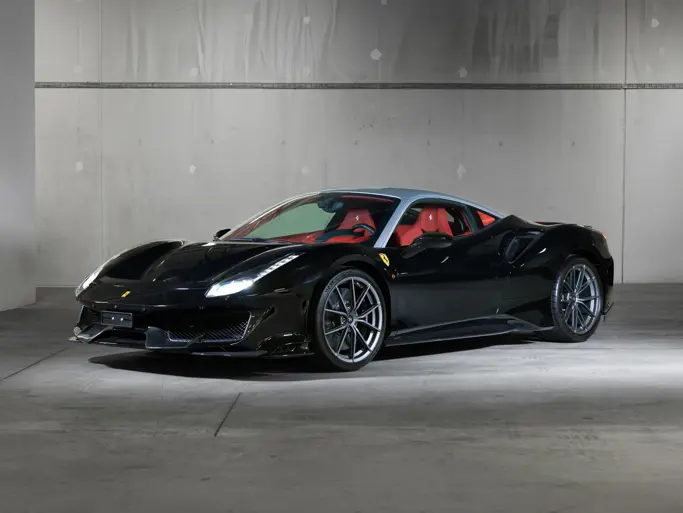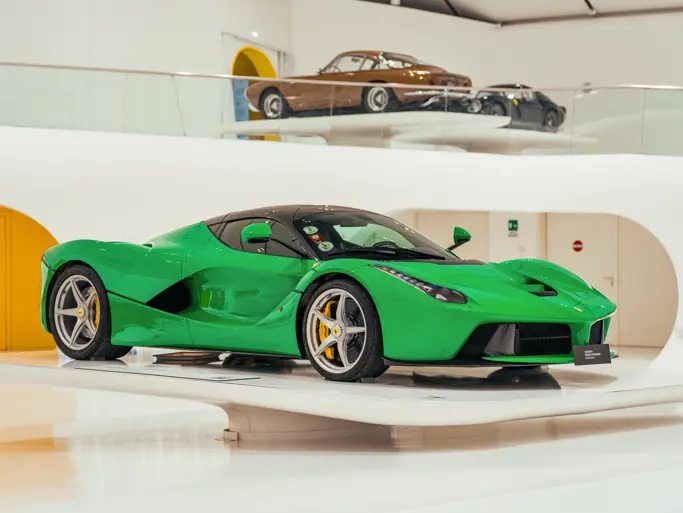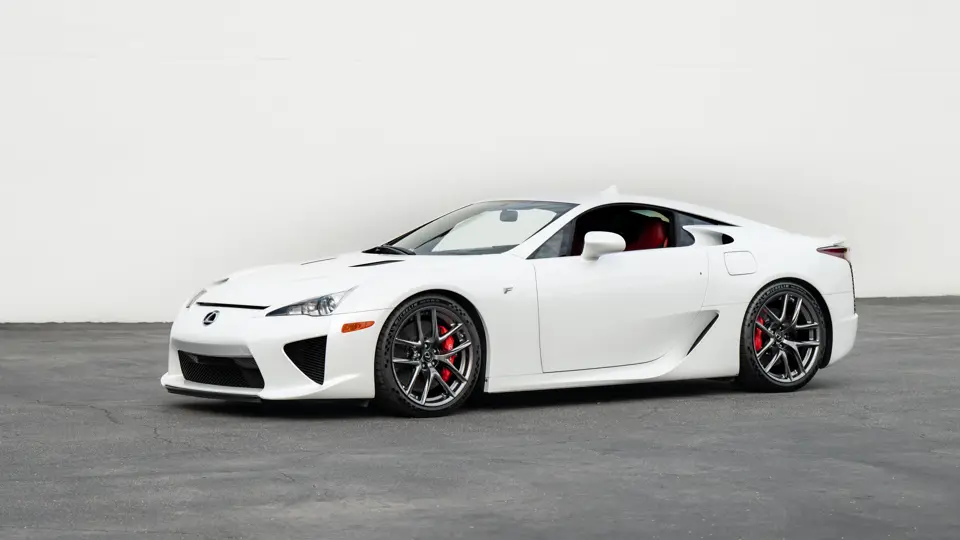
2012 Lexus LFA
{{lr.item.text}}
$800,000 - $900,000 USD | Not Sold
{{bidding.lot.reserveStatusFormatted}}
- The 408th of 500 examples built
- One of 27 examples finished in Pearl White specified for the United States
- Displayed a low odometer reading of just 4,615 miles at cataloguing time
- Finished in Pearl White over a two-tone interior of black leather paneling with complementary red seats and carpeting
- Features Toyota Racing’s purpose-developed 552-hp, 4.8-liter V-10, a marvel of modern engineering
- Accompanied by a host of desirable accessories, including matching-numbers scale-model race car, matching-numbers key presentation case, owner’s books, and Tumi luggage
When the Lexus LFA was unveiled at the 2009 Tokyo Motor Show, it was immediately clear that the marque had produced a truly remarkable supercar. Family scion Akio Toyoda had recently been appointed as president of the Toyota Motor Corporation, the company his grandfather incorporated 72 years earlier. Toyoda wanted to create a halo product to commemorate the return of family control to Toyota, and the result was so groundbreaking that it eventually helped propel him to Autocar magazine’s 2012 Man of the Year.
Appropriately, Lexus deemed the “A” in LFA to stand for “Apex,” as the car embodied the peak of the company’s engineering efforts. Only 500 examples were produced from 2011 through 2013, making each car an instant collector’s item, an eventuality that prompted the manufacturer to initially sell the model only to those who would commit to long-term ownership.
Toyota co-developed the LFA’s 4.8-liter V-10 engine with Yamaha and built it in the same facility that constructed Toyota Racing’s Formula One V-10s. The block is made of aluminum, magnesium, and titanium, allowing for the engine to be physically smaller than a comparably powerful V-8 and even lighter than some V-6 engines. Each cylinder is actuated by an independent, electronically controlled throttle body that allows the V-10 to rev from idle to 9,000 rpm in just six-tenths of a second—a world record at the time the car was developed. This feat of engineering developed 552 horsepower, capable of rocketing the LFA to 60 mph from standstill in under 4.0 seconds on its way to a top speed north of 200 mph. The instrument cluster is entirely digital, as no analog tachometer could accurately keep pace with the engine’s quick changes in rpm.
The magnificent engine was mated to a lightning-quick six-speed sequential gearbox controlled via steering-column-mounted paddle shifters. The so-called ASG intelligent transmission could upshift in just two-tenths of a second, endowing the driver with precise control even during the most extreme driving conditions. Unrivaled among modern supercars, the LFA’s exhaust note was developed in conjunction with Yamaha’s music division and has been described by Lexus engineers as “the roar of an angel.” Careful tuning is further evident in such features as dual rear-mounted radiators, which contribute to near-perfect weight distribution.
With the LFA, Lexus successfully proved that it could build a high-performance production supercar on par with those from boutique European manufacturers. The groundbreaking model’s ultra-modern carbon fiber construction, highly engineered chassis, and purpose-built competition-worthy engine shattered the notion that a Japanese company was incapable of building a world-class speed machine every bit as impressive as the supercars emanating from Maranello and Stuttgart. Akio Toyoda was so proud of the LFA that he quickly instructed his team to develop a competition version, which he eventually drove to a class win at the 2014 24 Hours of Nürburgring. He proved that the model was more than just a technologically advanced show car—that it was in fact an extraordinarily reliable performance platform capable of winning top-level races.
According to the data of the LFA-Registry.com, this striking LFA is car number 408. It was built in August 2012, finished in Pearl White paint over a two-tone interior of black leather paneling and red leather seats with matching red carpeting. It is one of 58 Pearl White-finished examples built worldwide, and one of just 27 of those cars exported to the United States.
Originally acquired by a collector based in Florida, this LFA remained in the Tampa Bay area through at least 2019, as confirmed by service invoices from a marque dealer on file. Indeed, the car’s as-new quality and a low mileage of 4,615 miles at the time of cataloguing testify to a life of mild use and fastidious upkeep.
The LFA is desirably accompanied by a host of accessories including a two-piece set of Tumi luggage, an official matching-numbers scale model of the LFA racecar (in case), Lexus trickle charger, Lexus repair kit with air compressor, keys and fobs in proper matching-numbers presentation case, and LFA owner’s books. The presence of such a sheer number of authentic delivery accessories only further accentuates that this LFA claims an unmatched level of collectability.
As the pinnacle performance product of Toyota’s boutique luxury division, the LFA remains one of the most desirable supercars ever produced, and a marvel of modern engineering. This minimally driven and well-maintained example offers a fantastic opportunity for the supercar collector or Toyota Racing enthusiast. It is an ideal candidate for presentation at local concours d’elegance and Supercar Sundays, or it may be privately enjoyed on the road and the track, where its whining V-10 and otherworldly road manners can be appreciated to the fullest possible extent.
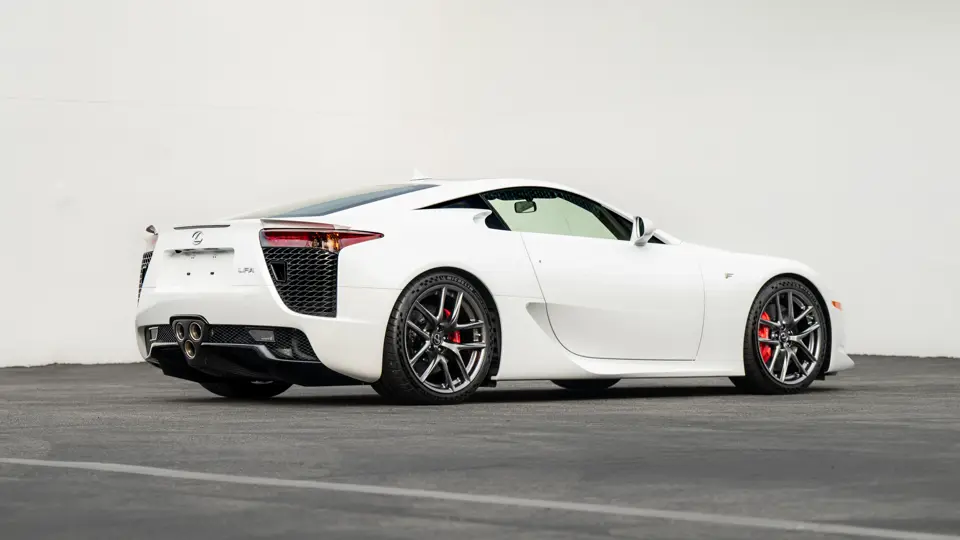
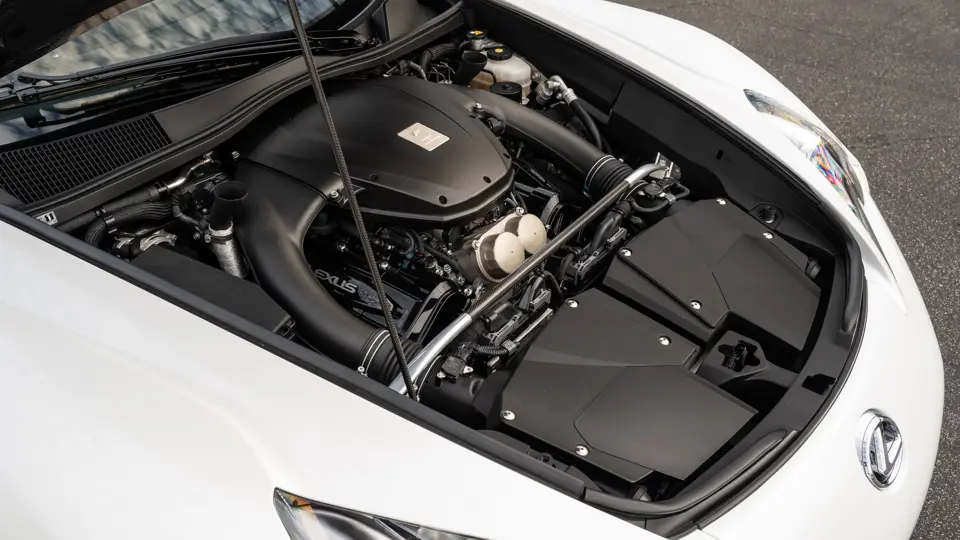
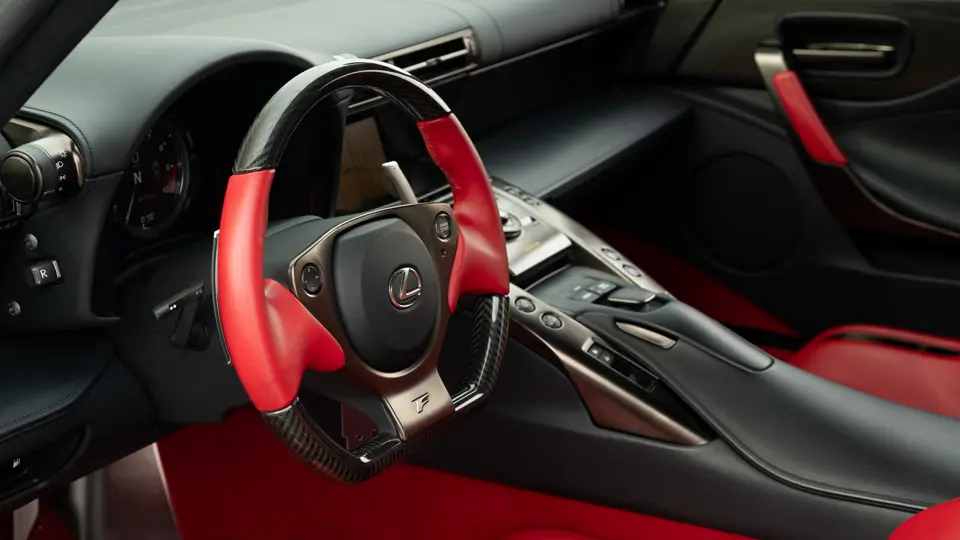

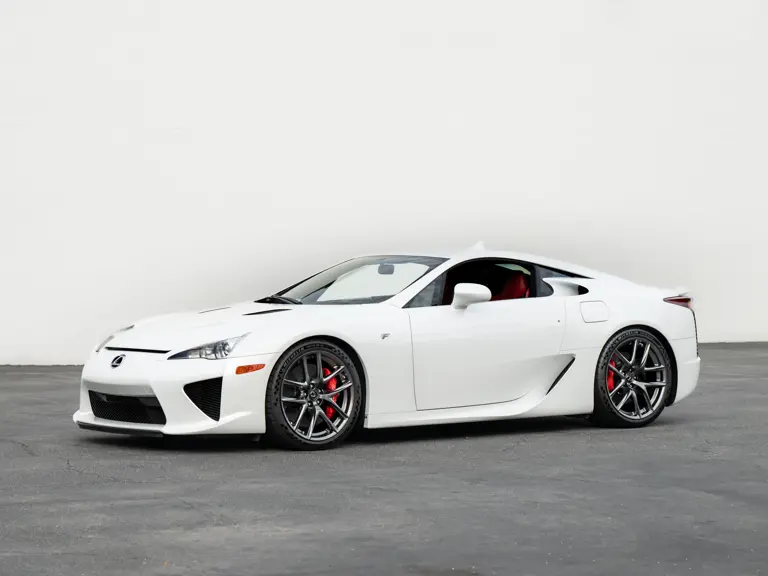
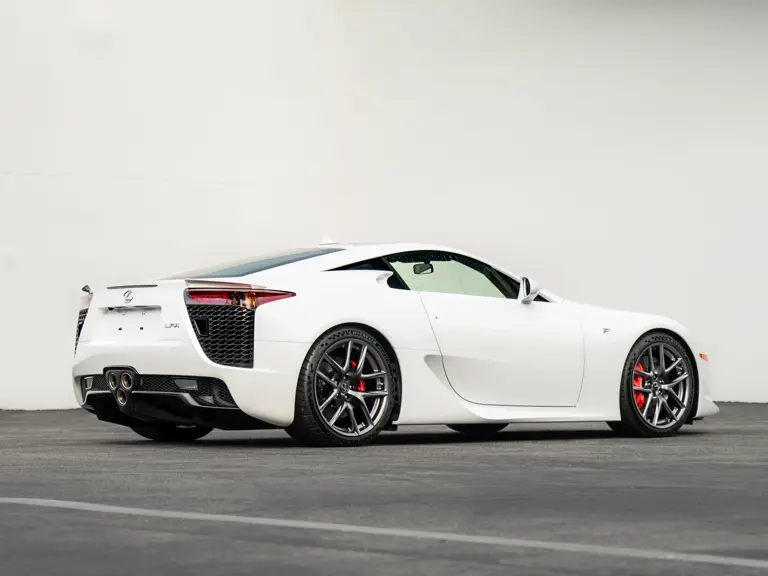
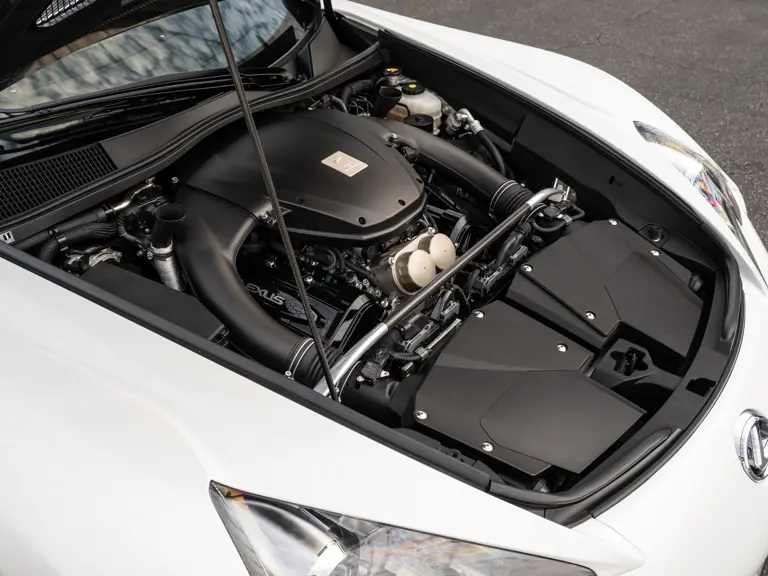
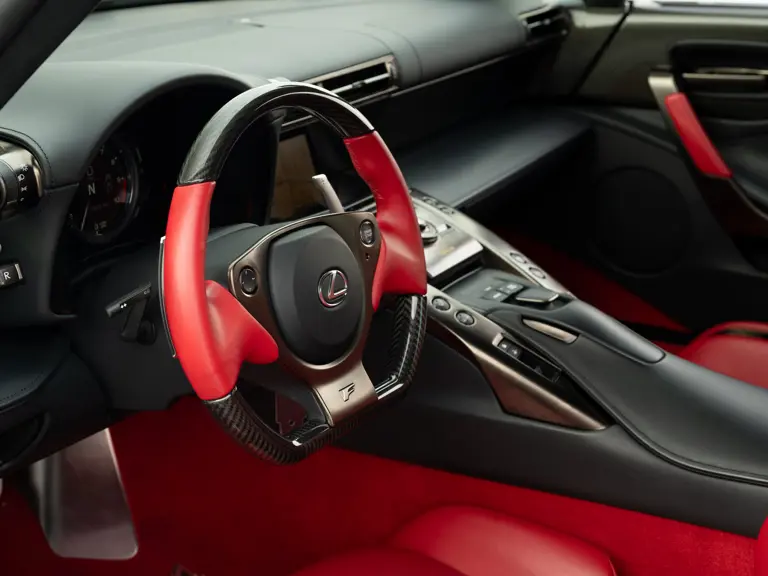
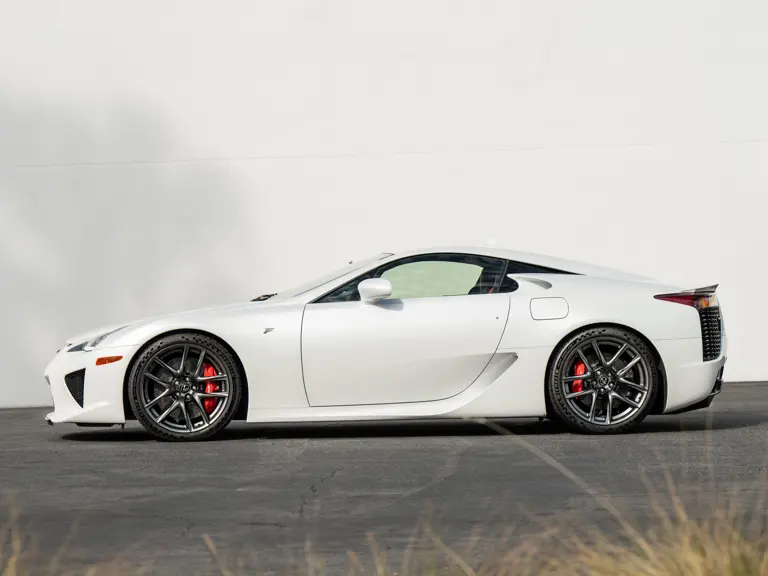

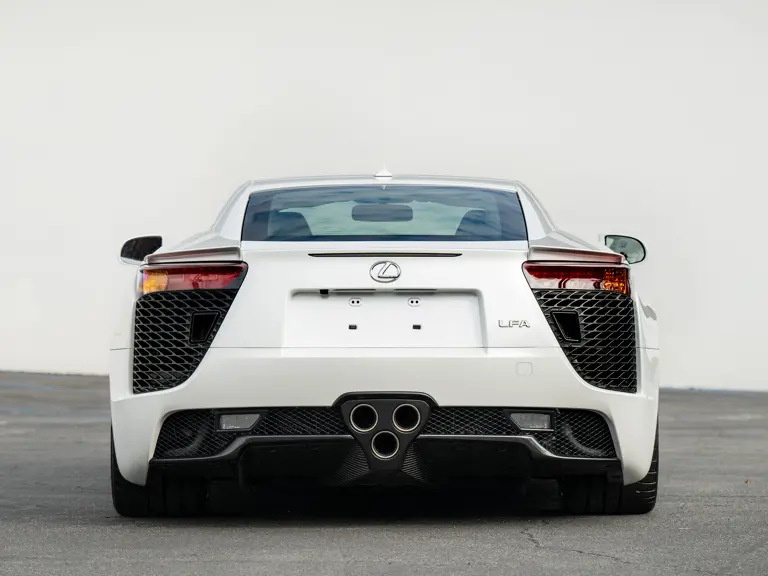
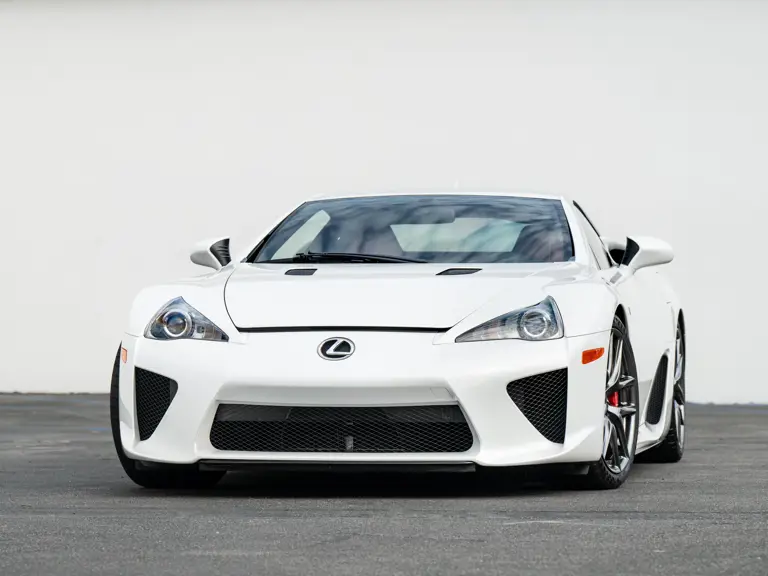
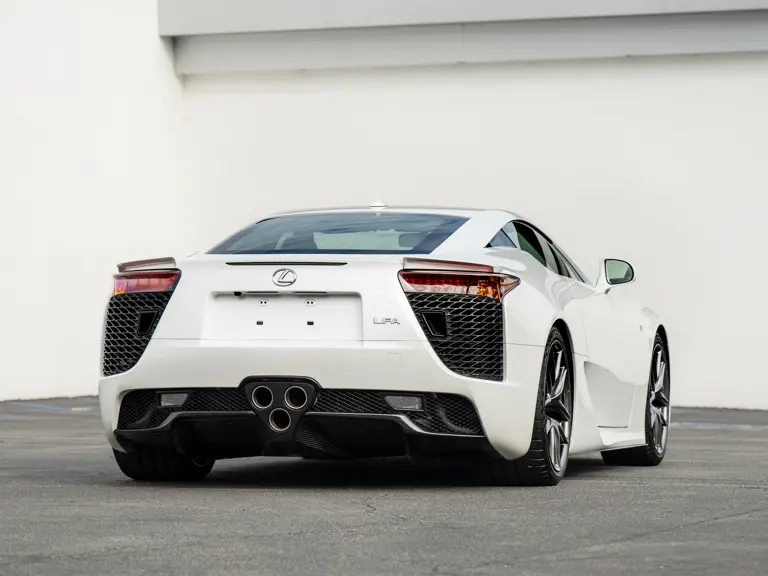
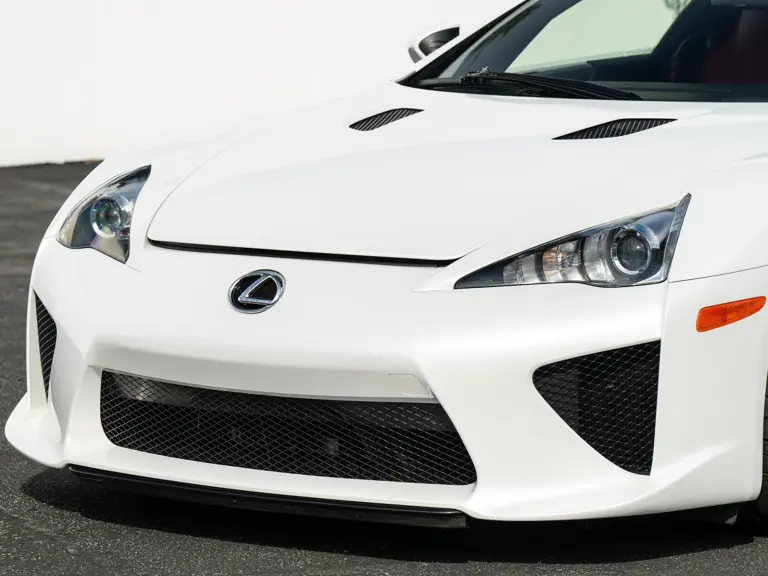
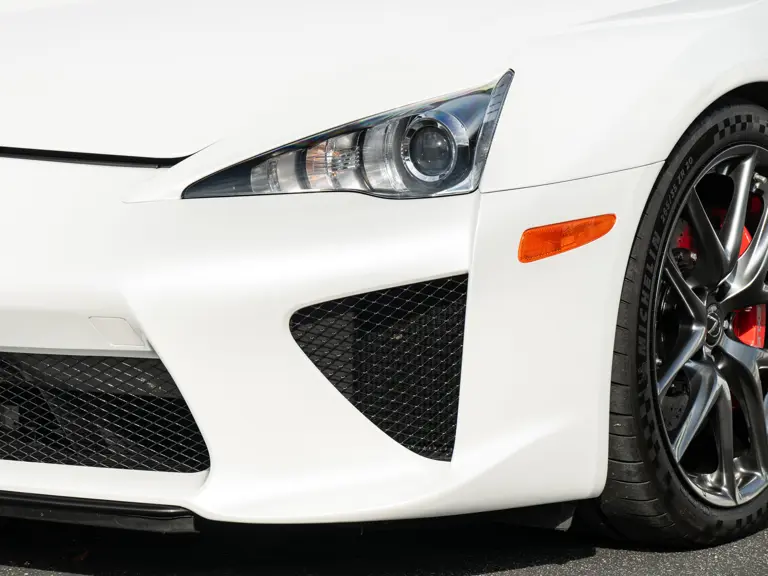
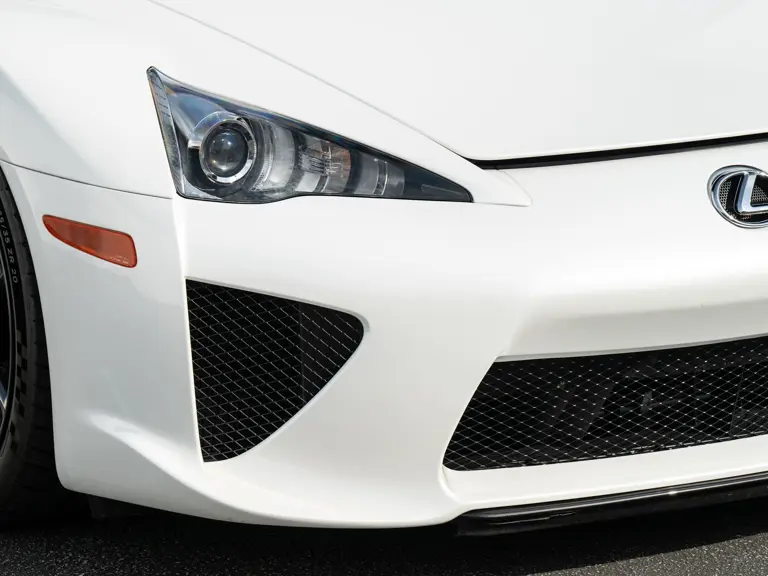
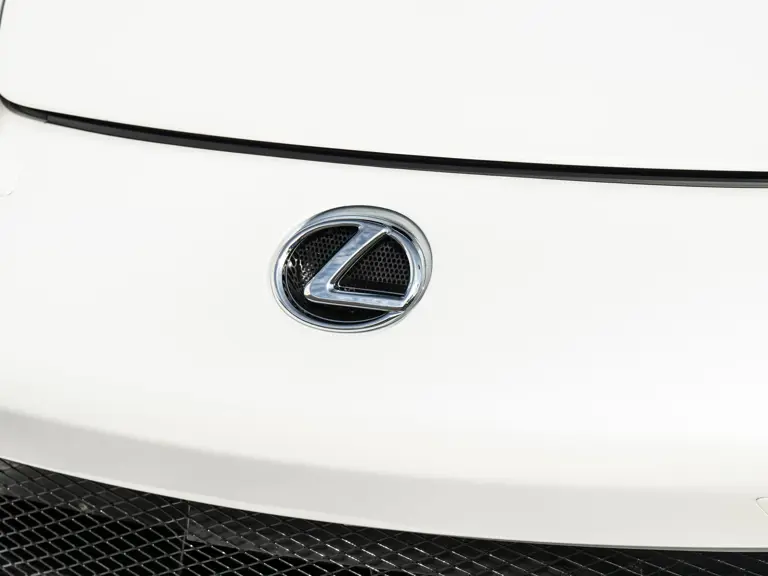
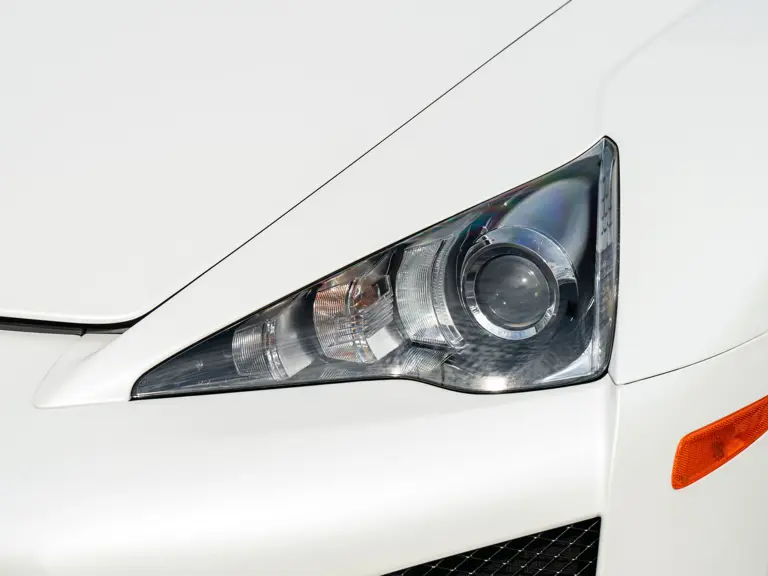
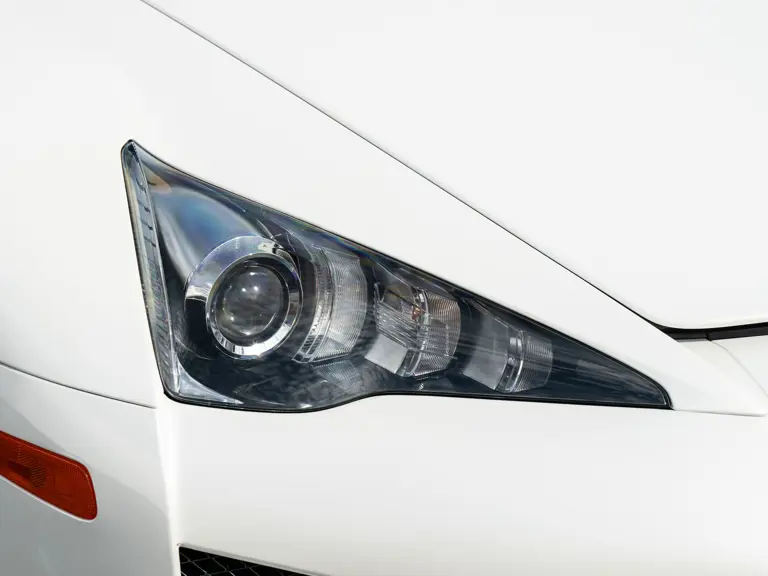
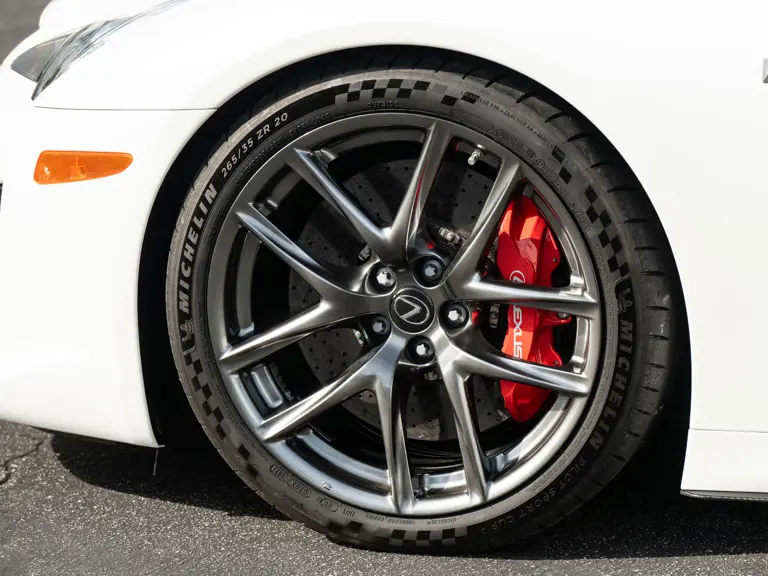
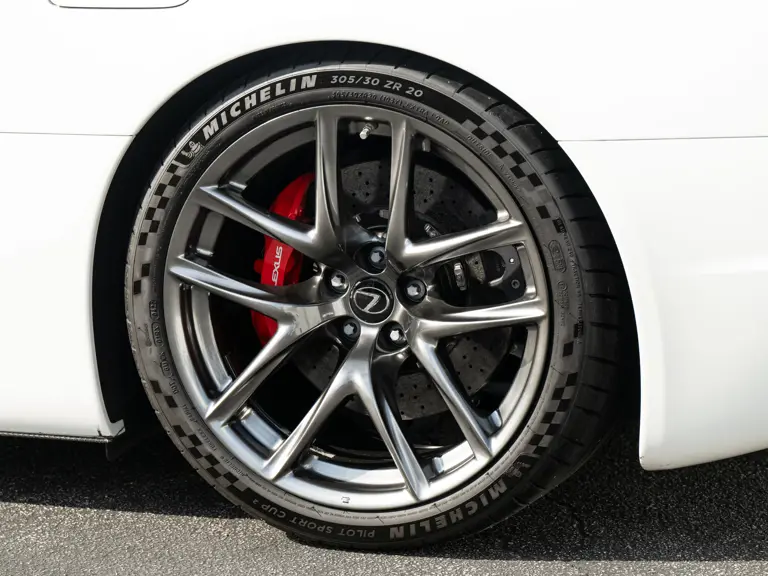
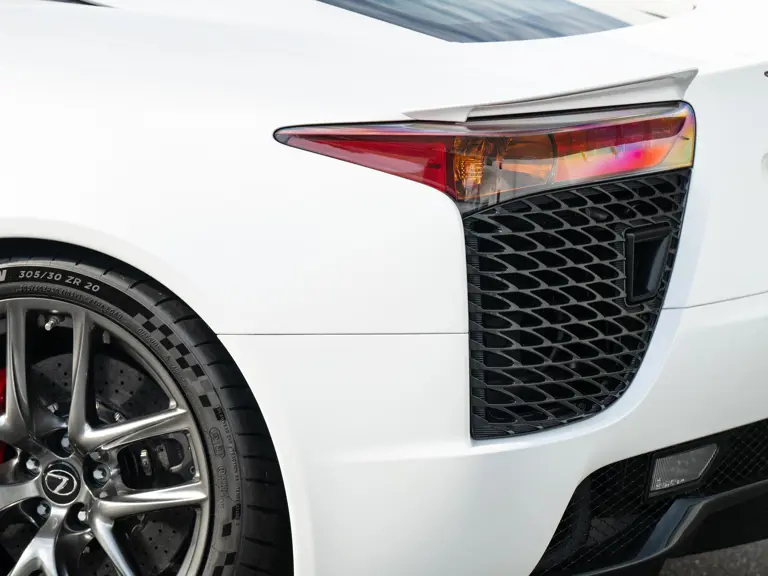
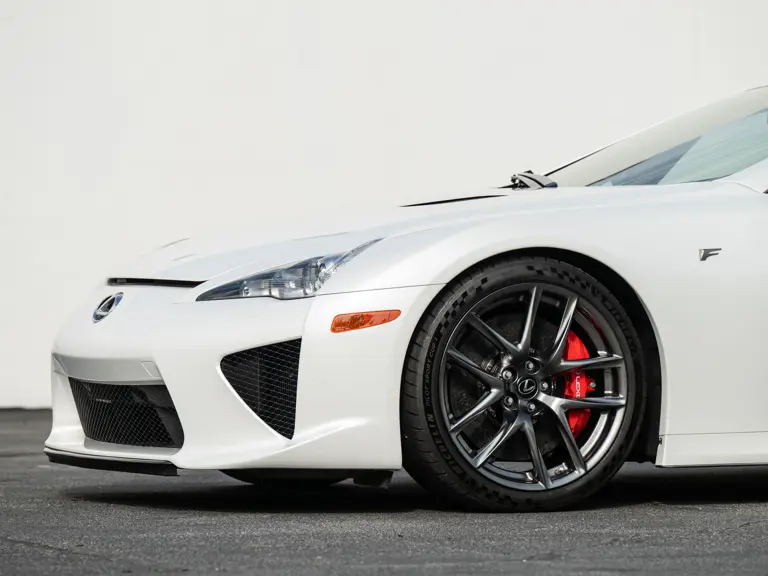
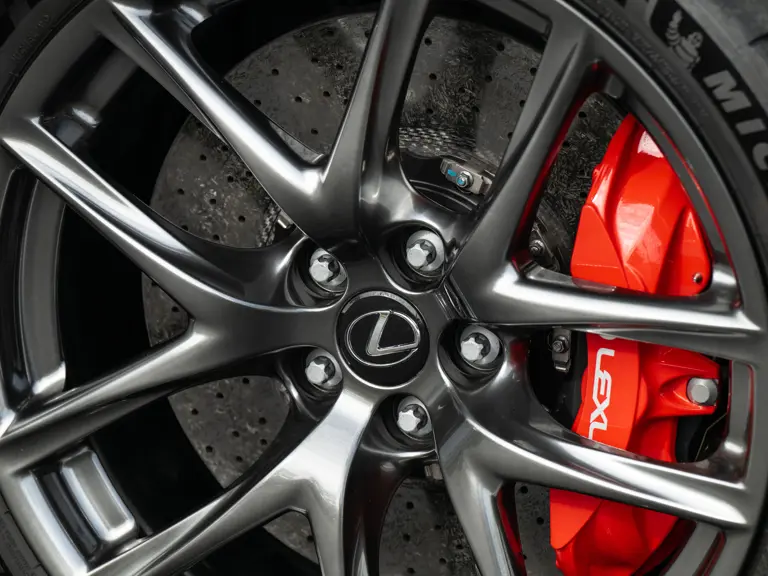
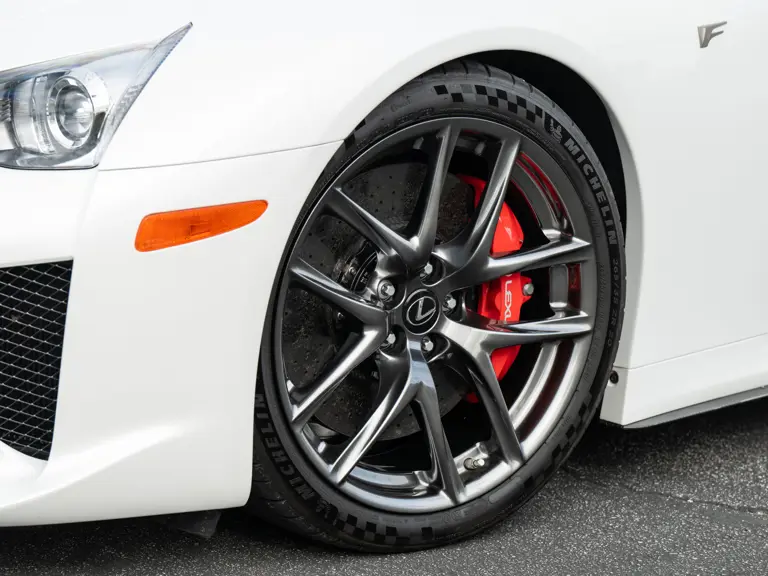
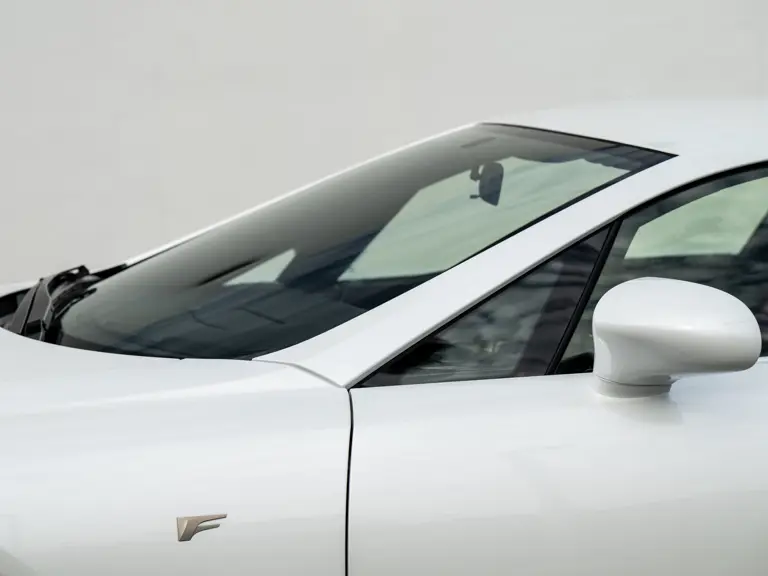
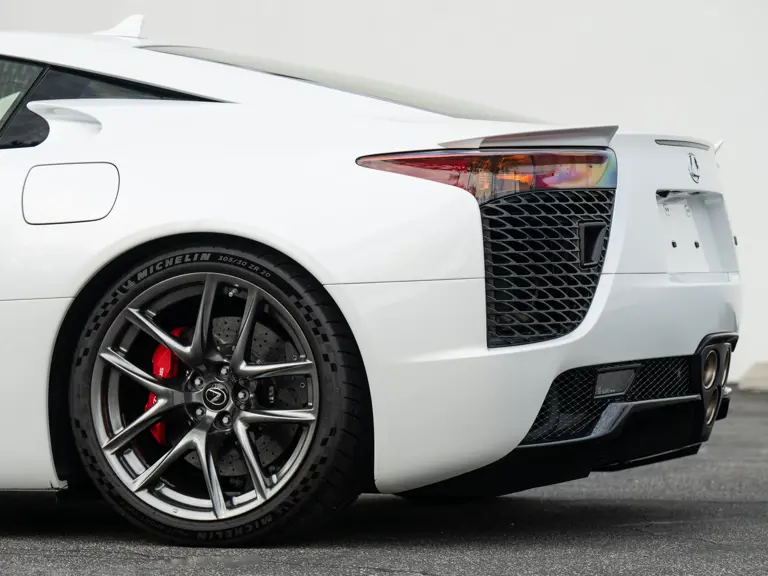
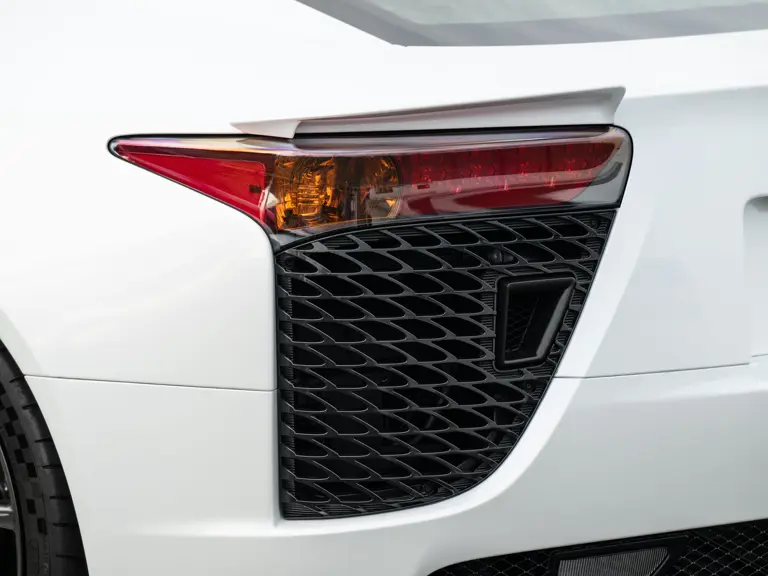
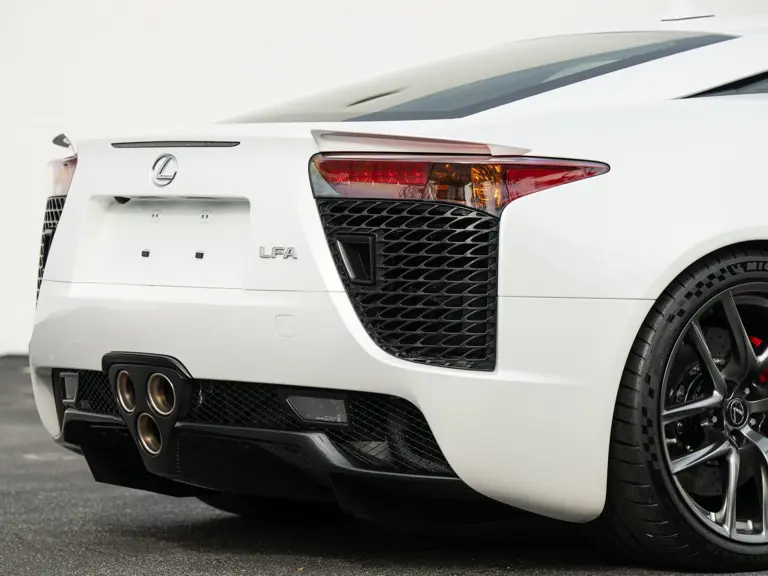
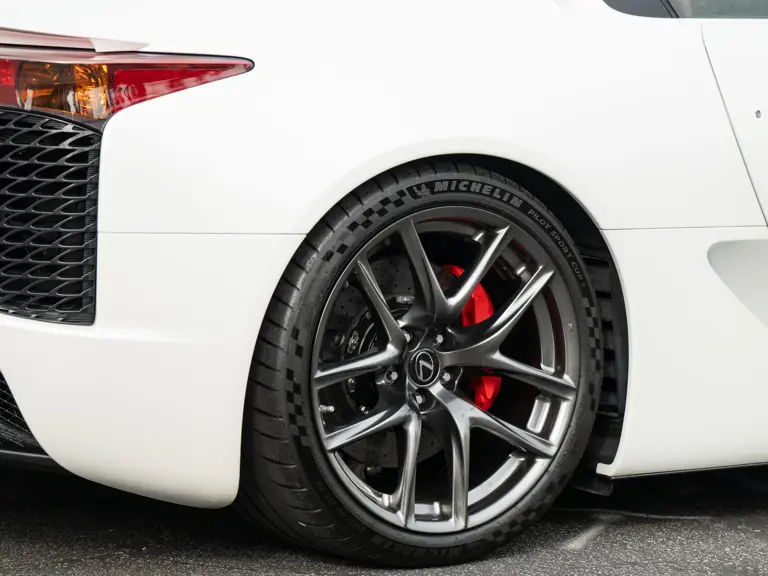
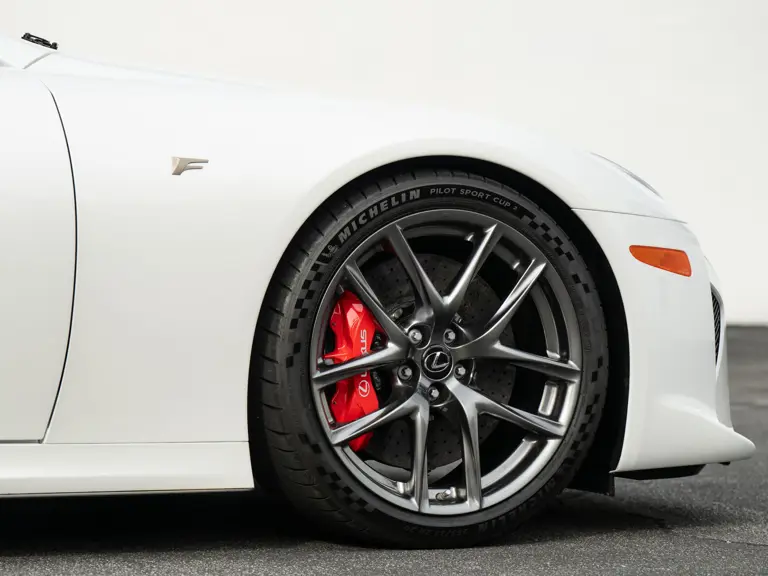
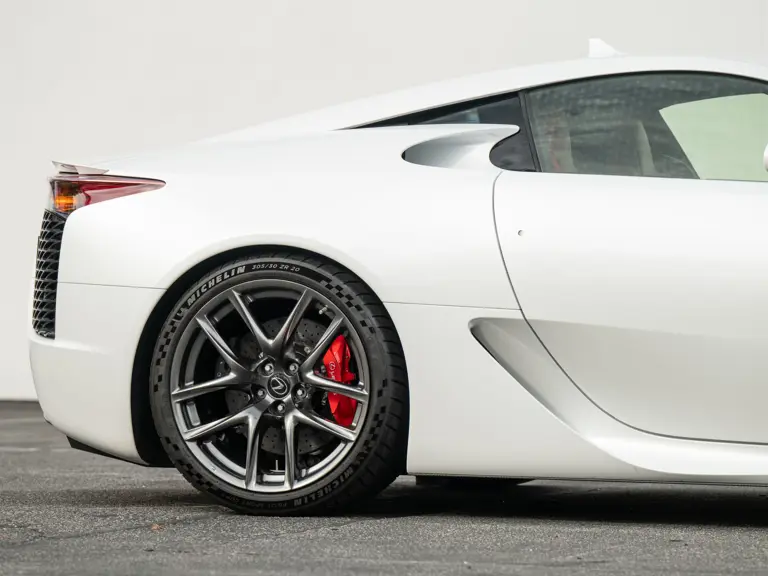
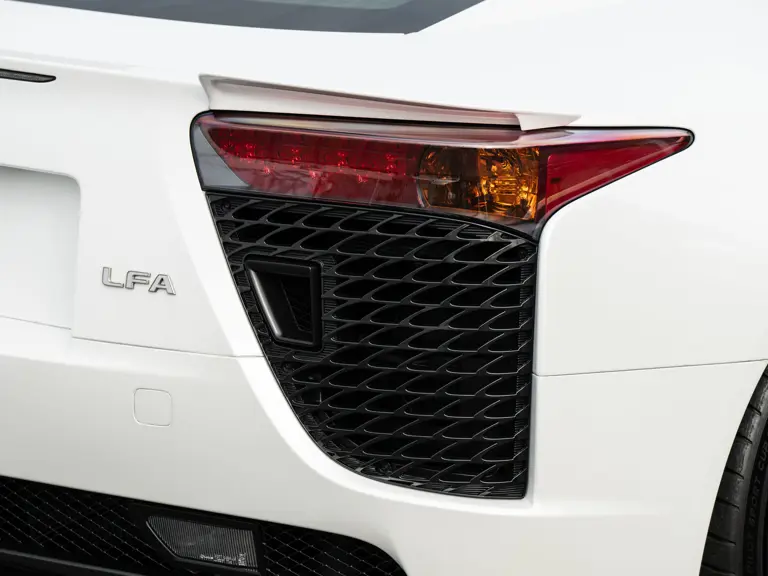
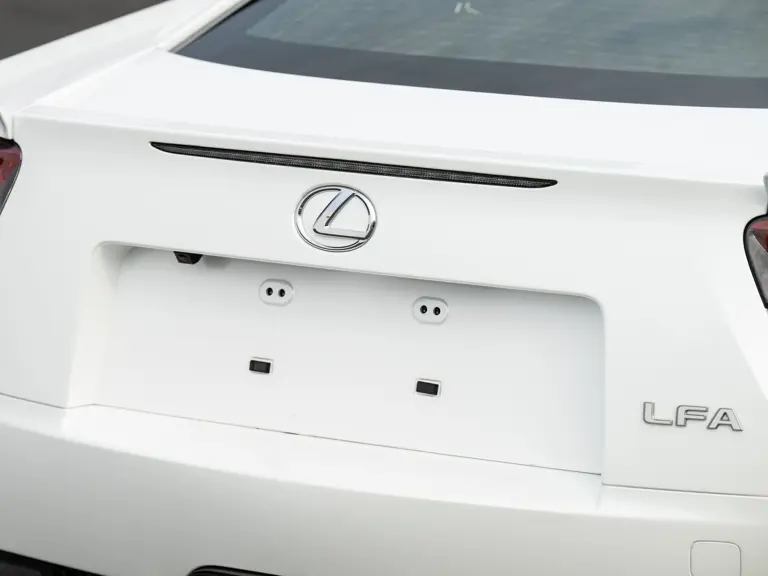
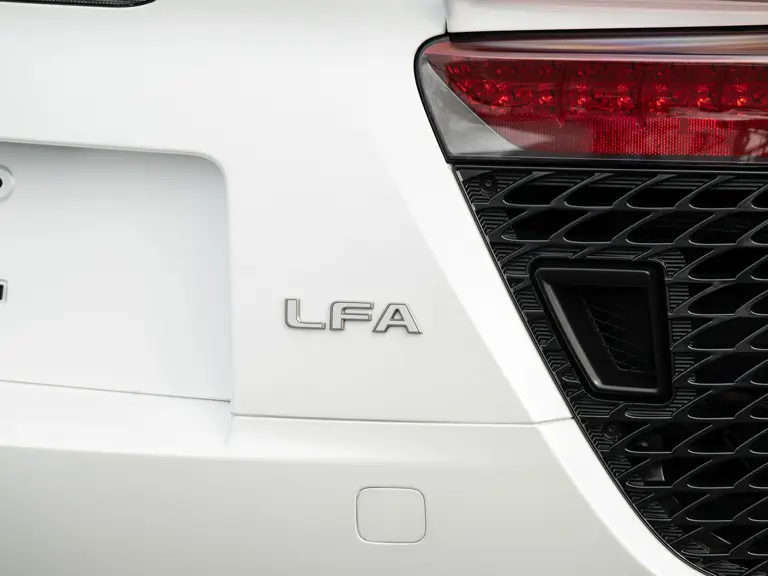
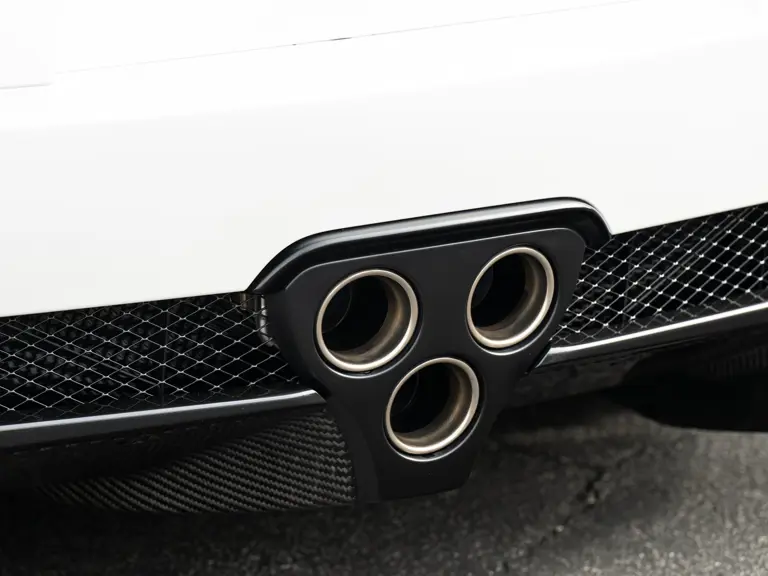
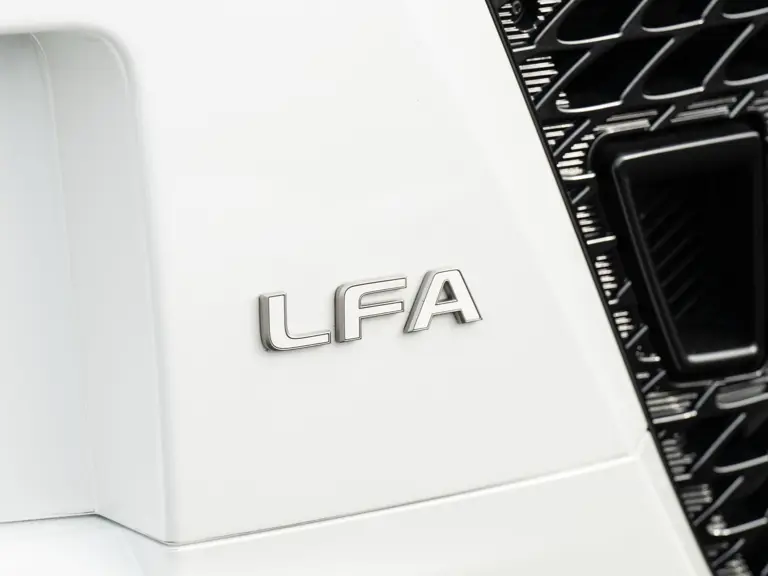
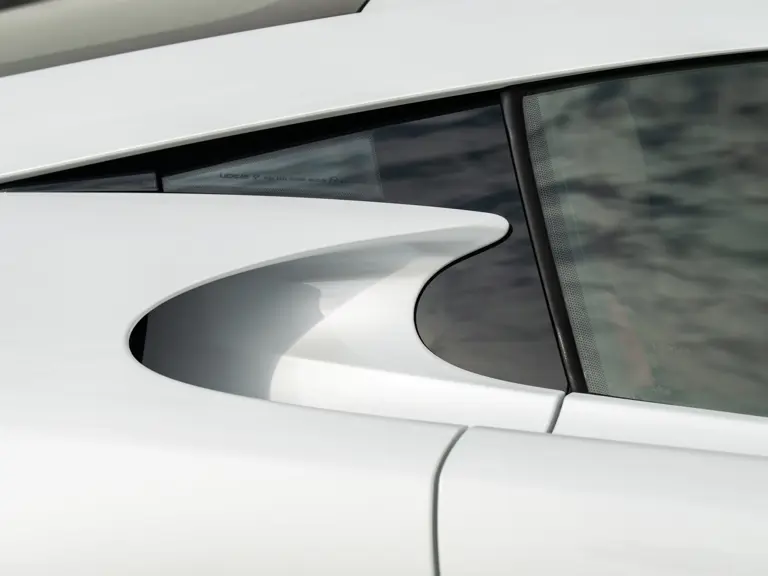
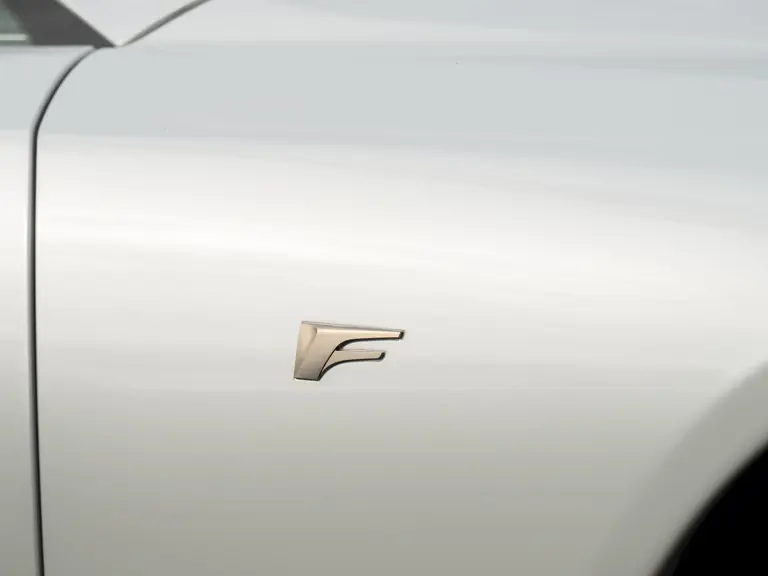
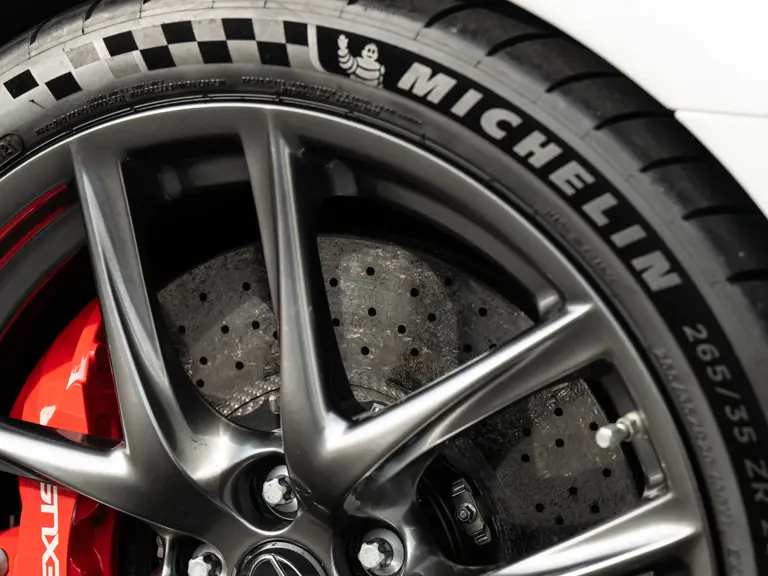
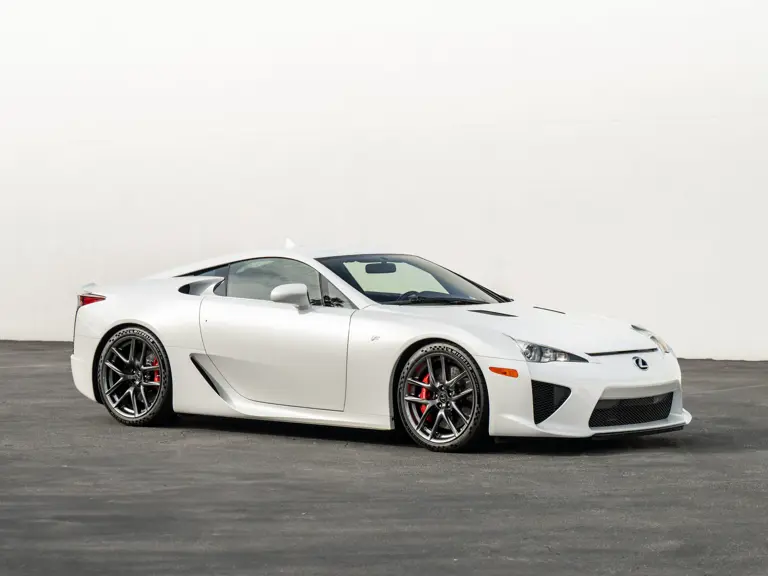
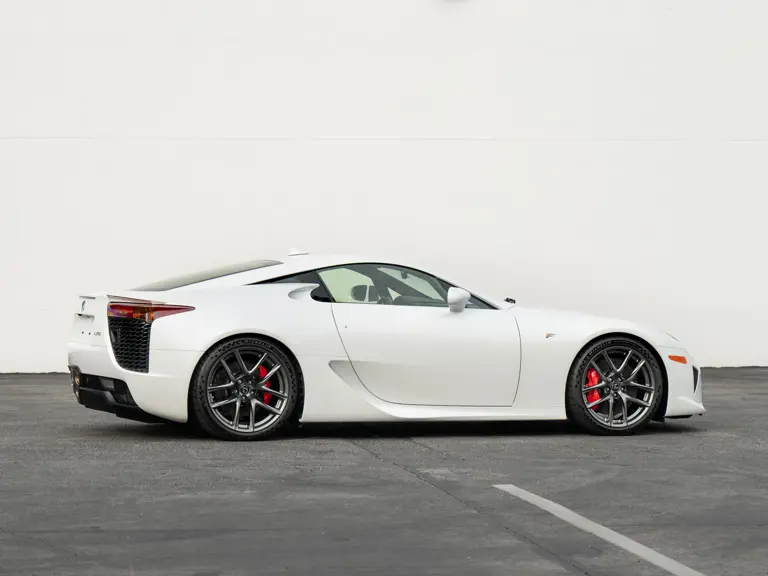
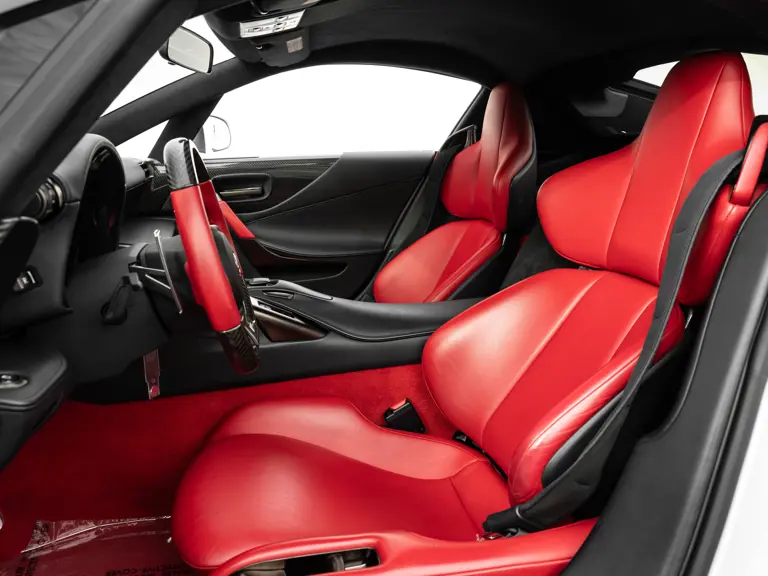
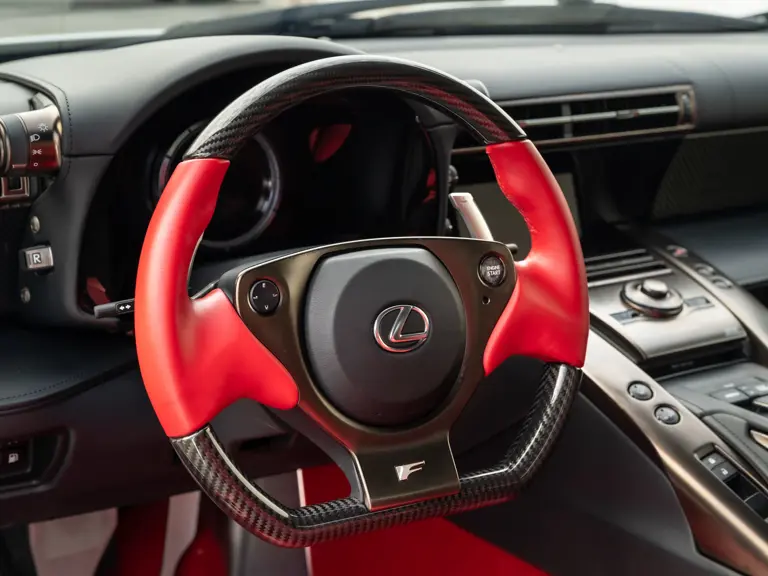
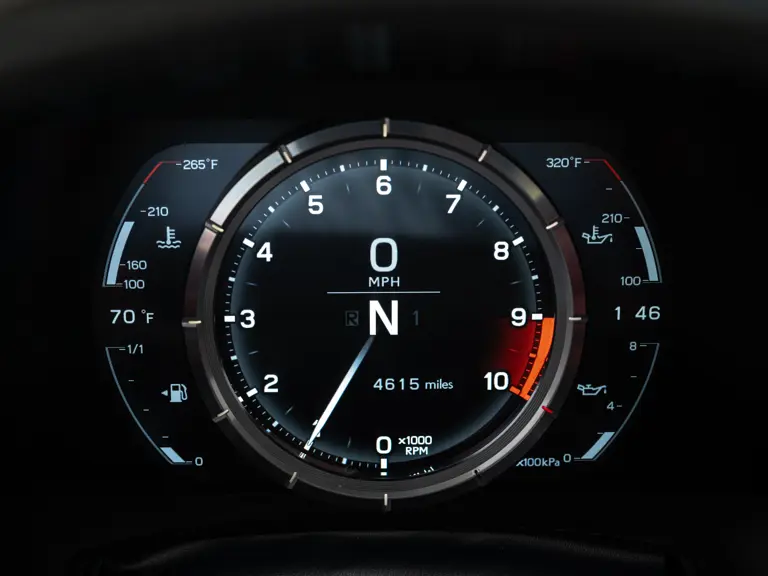
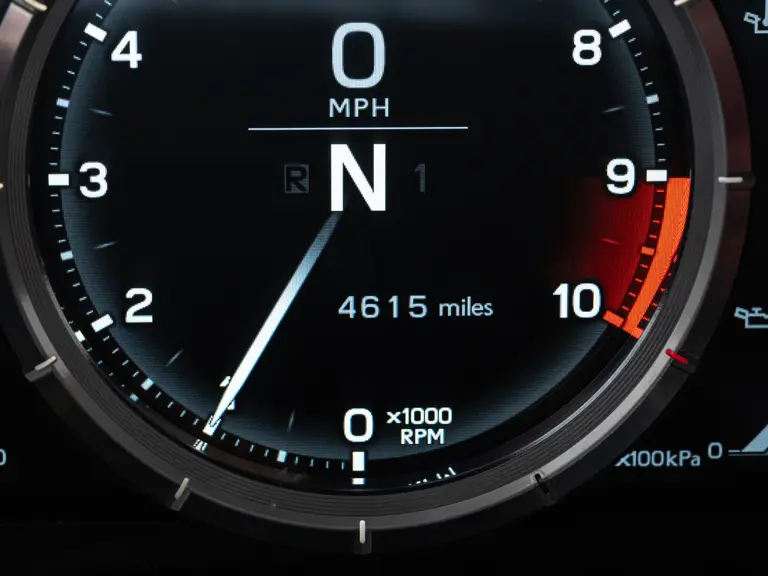
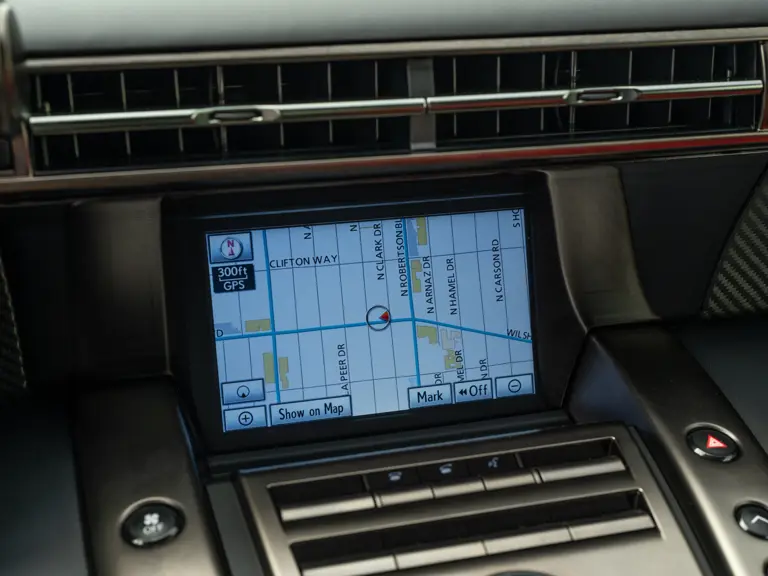
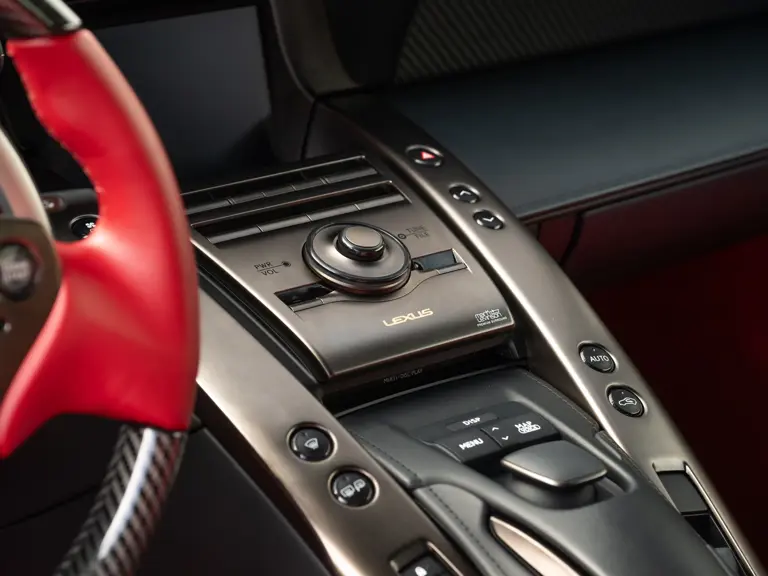
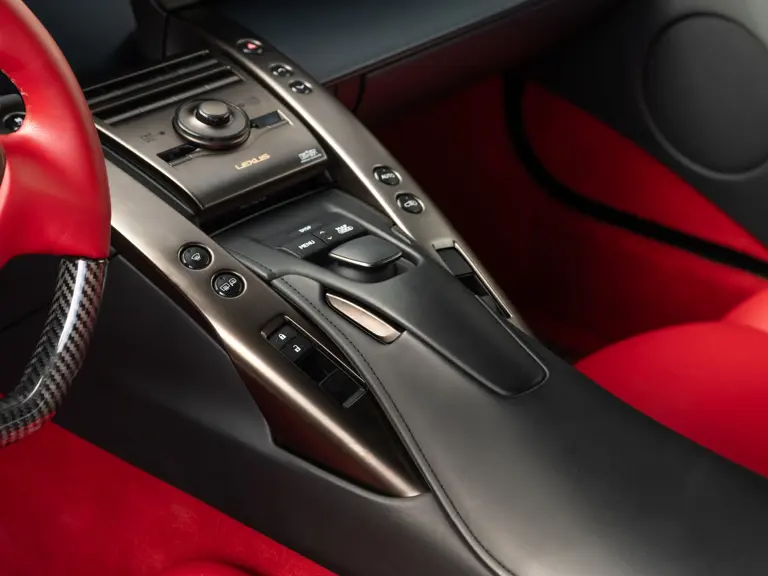
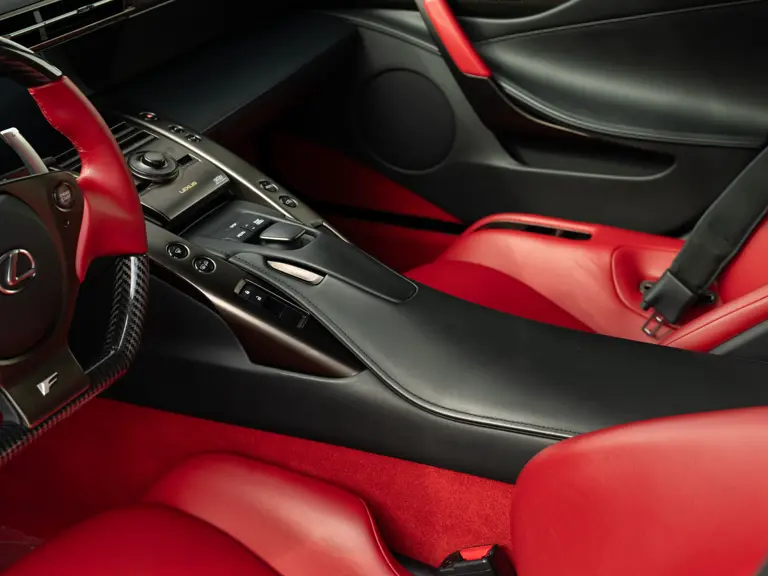
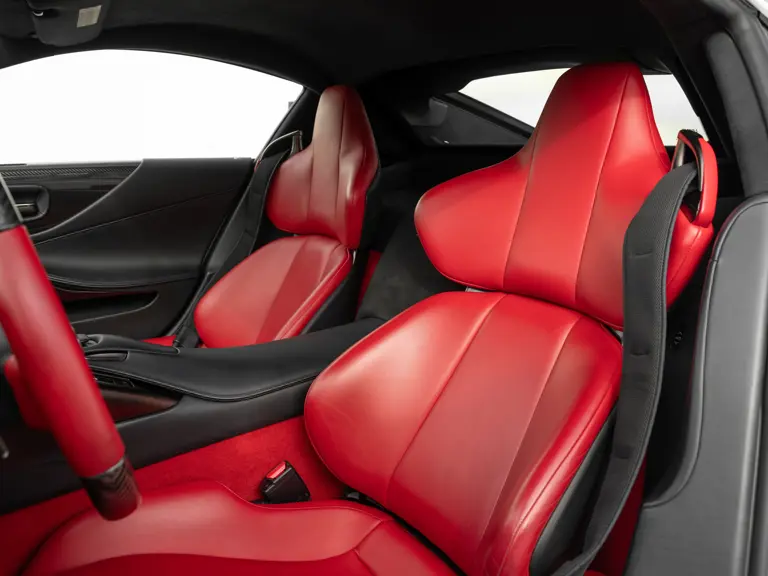
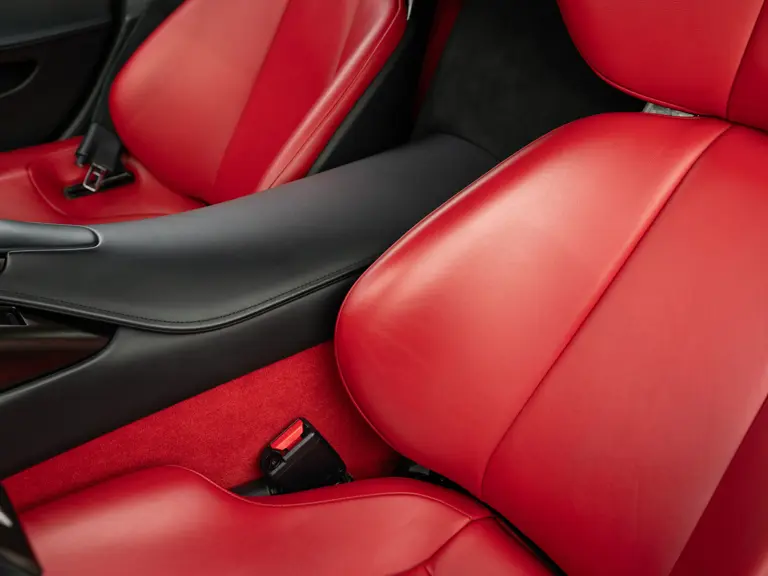
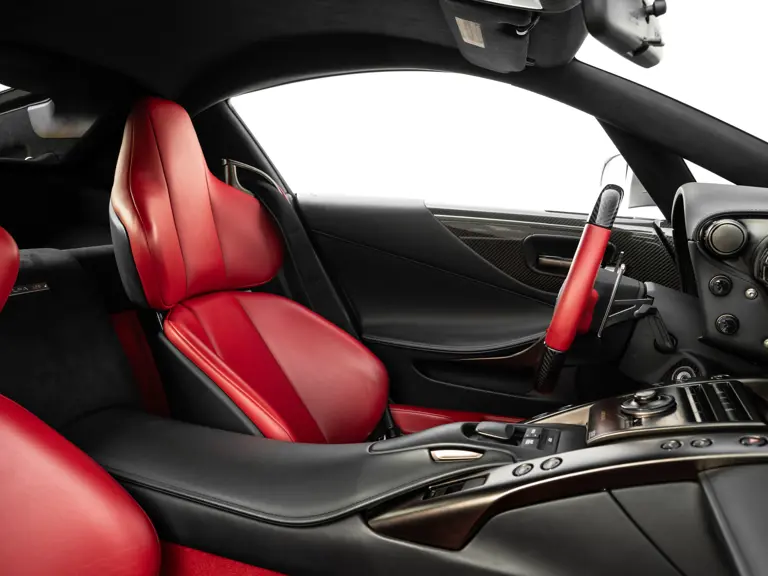
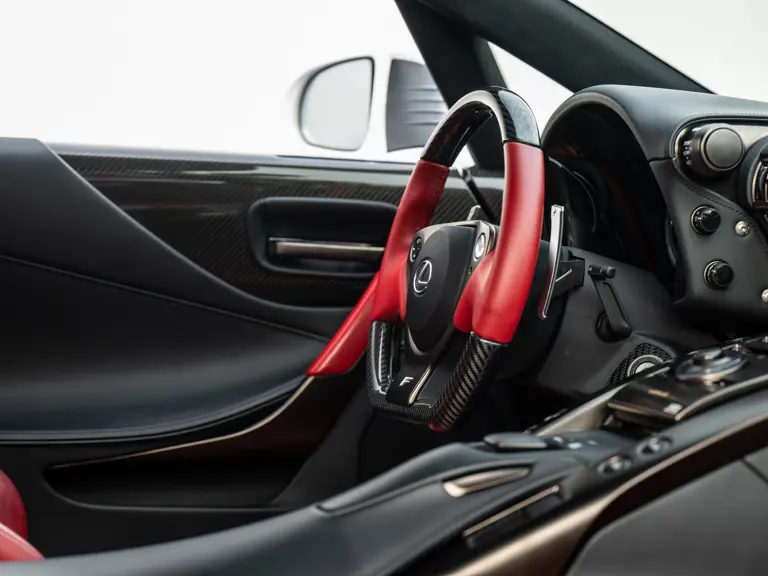
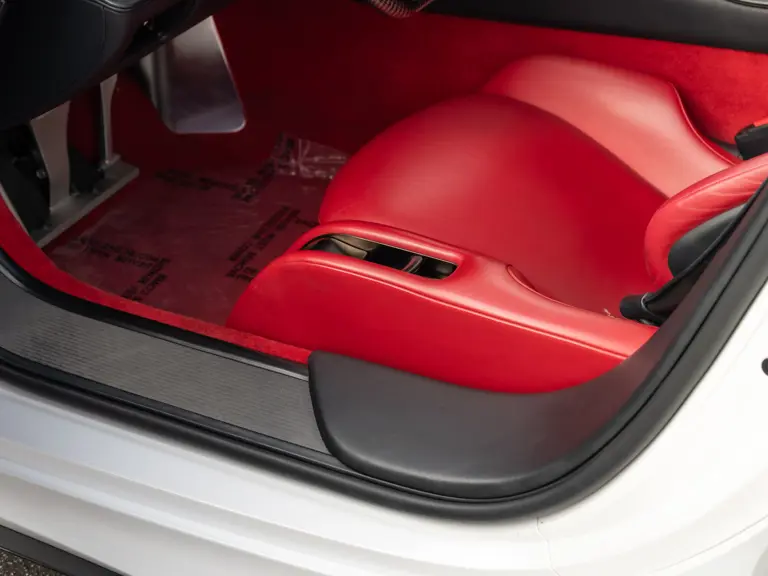
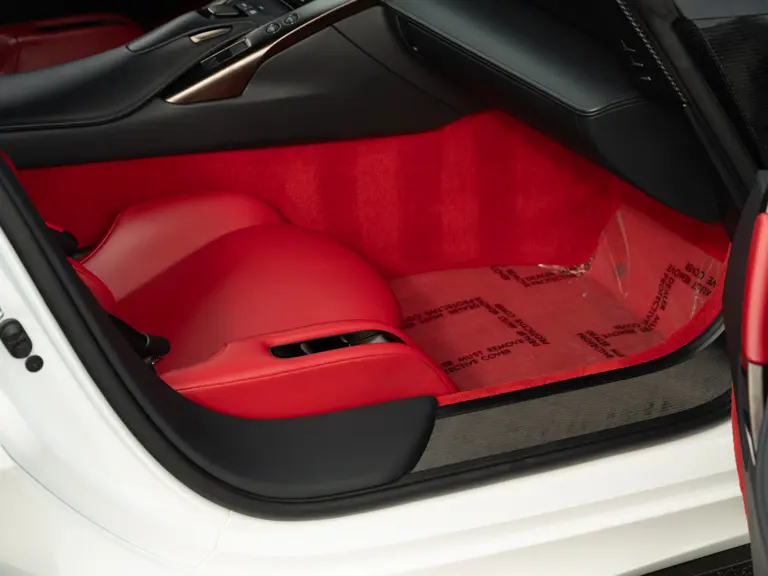
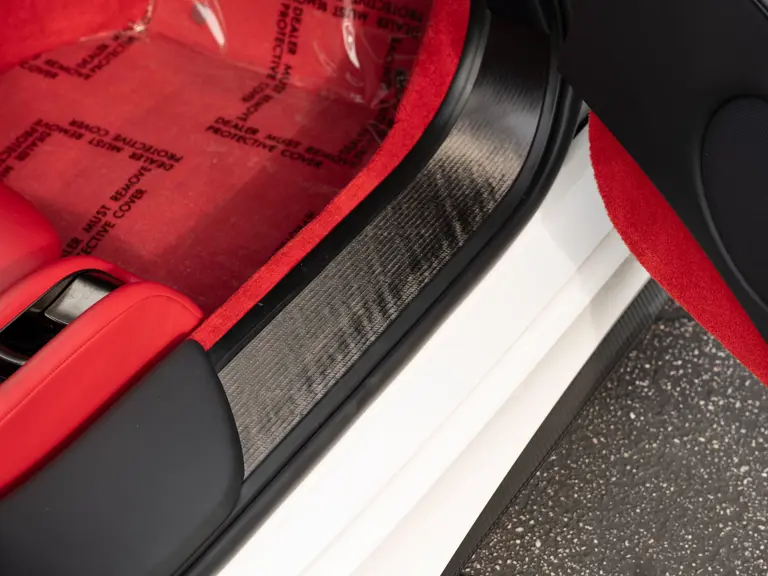
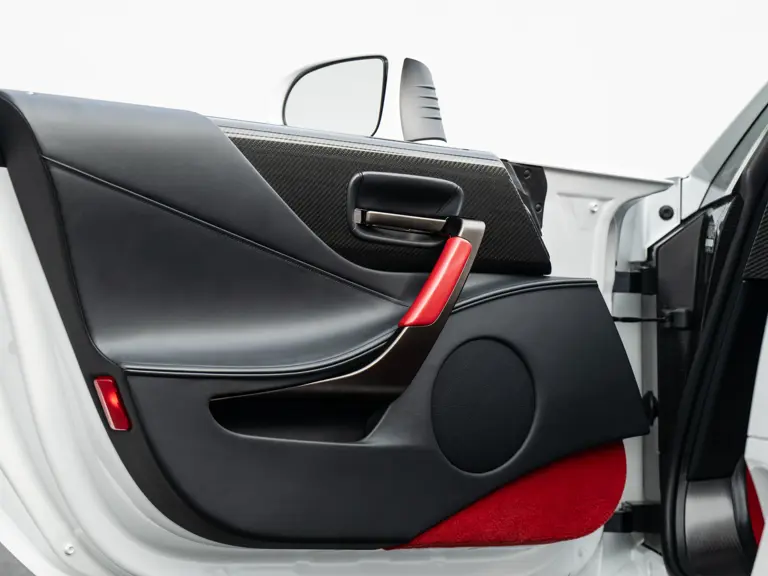
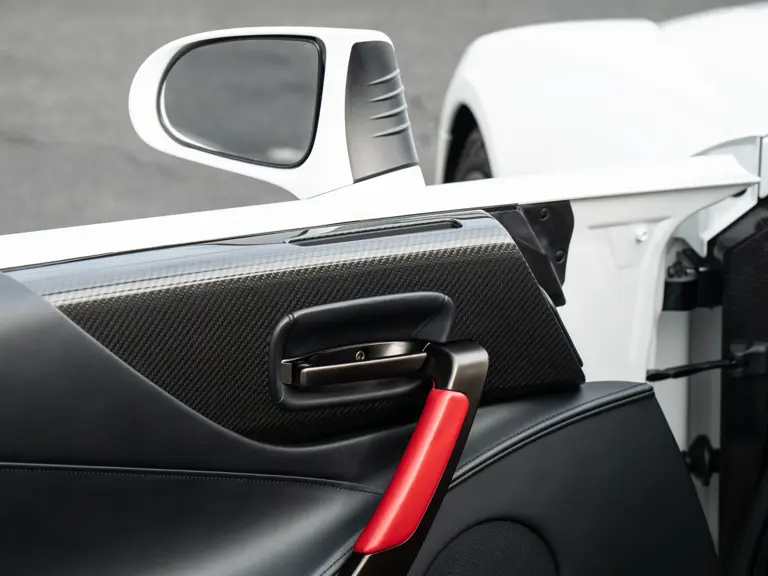
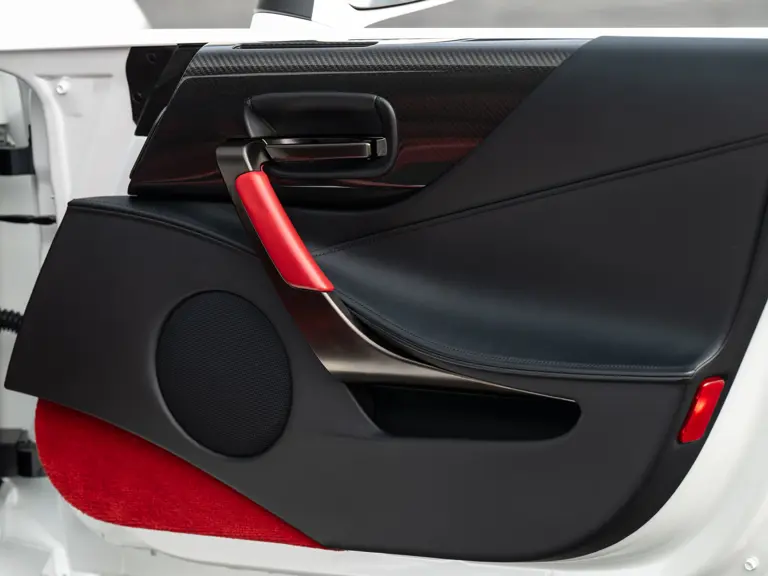
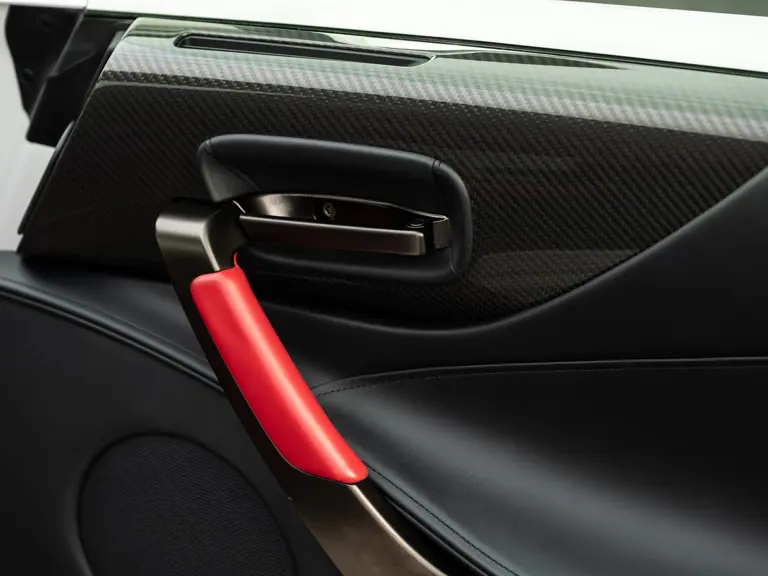
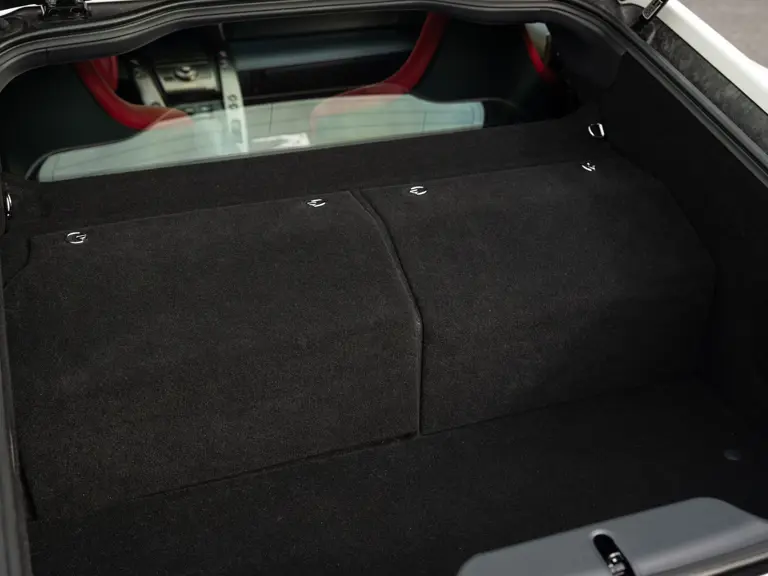
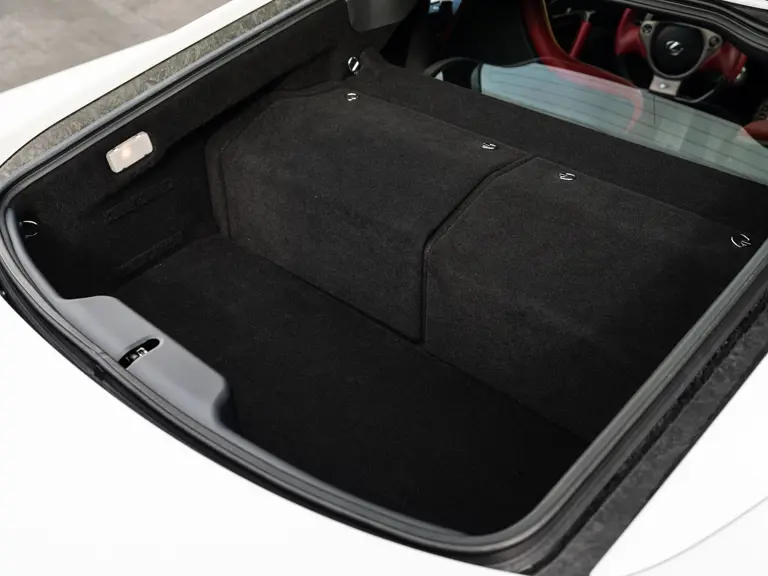
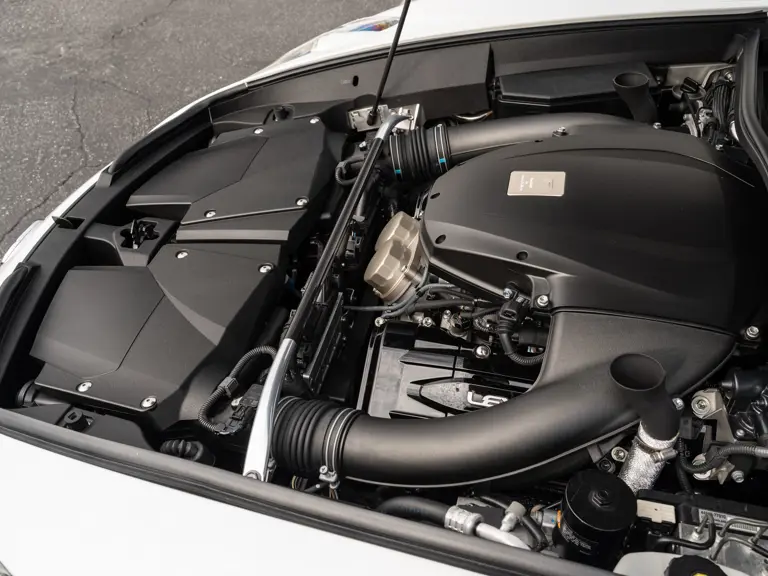
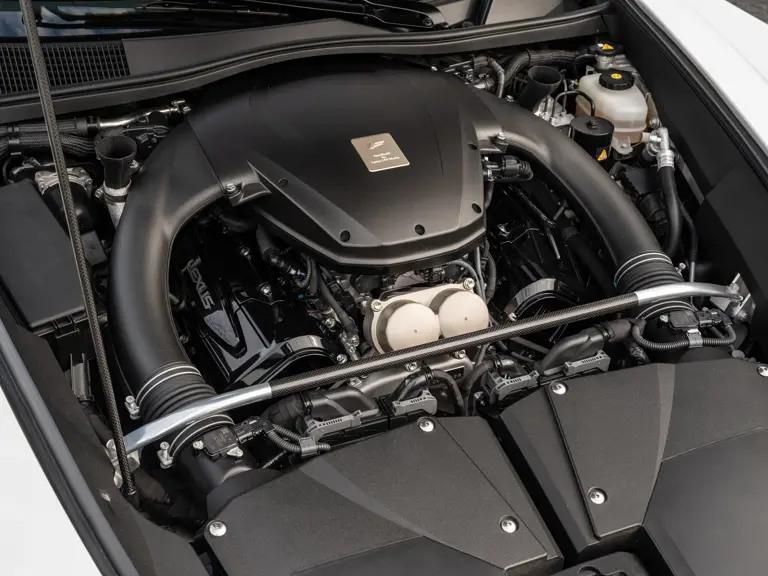
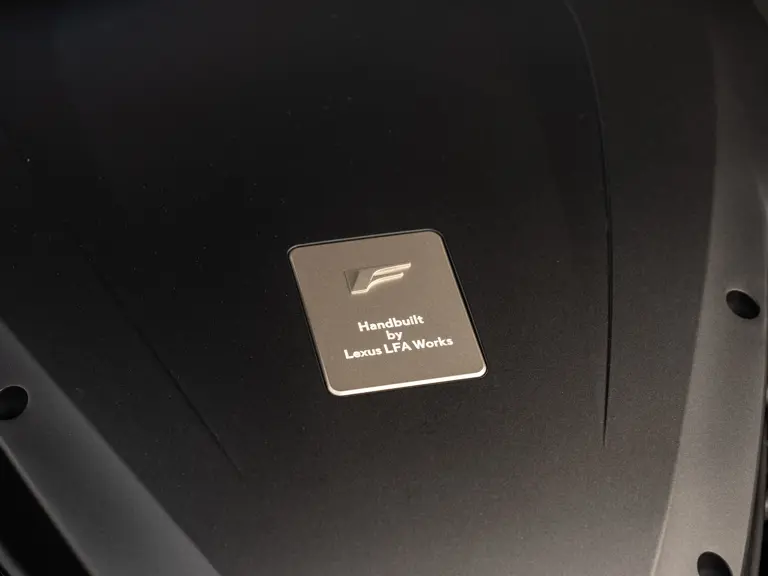
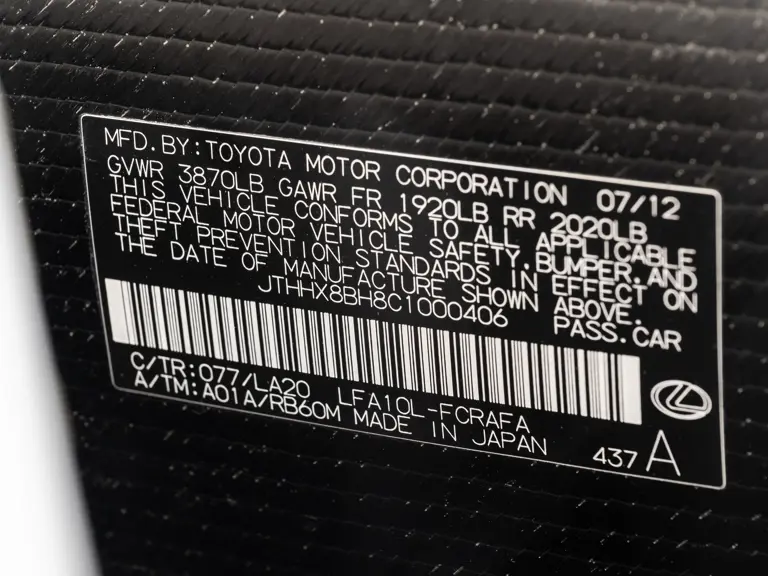
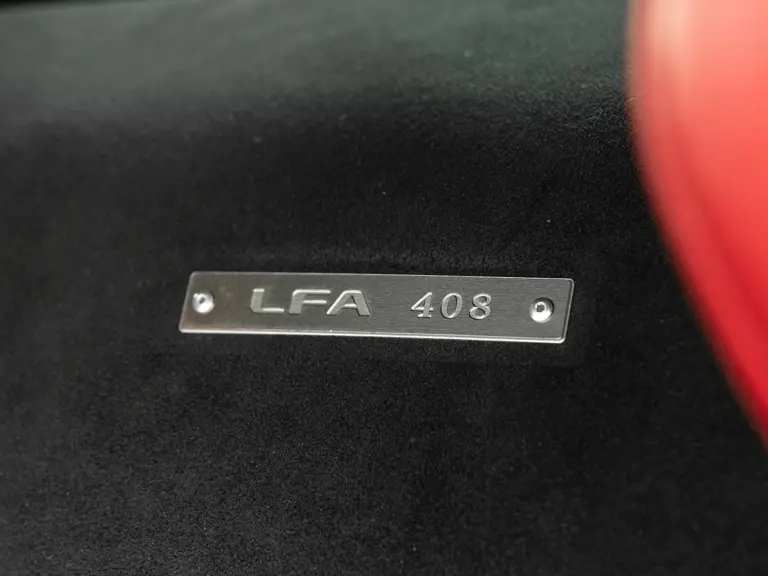
 | Coral Gables, Florida
| Coral Gables, Florida
